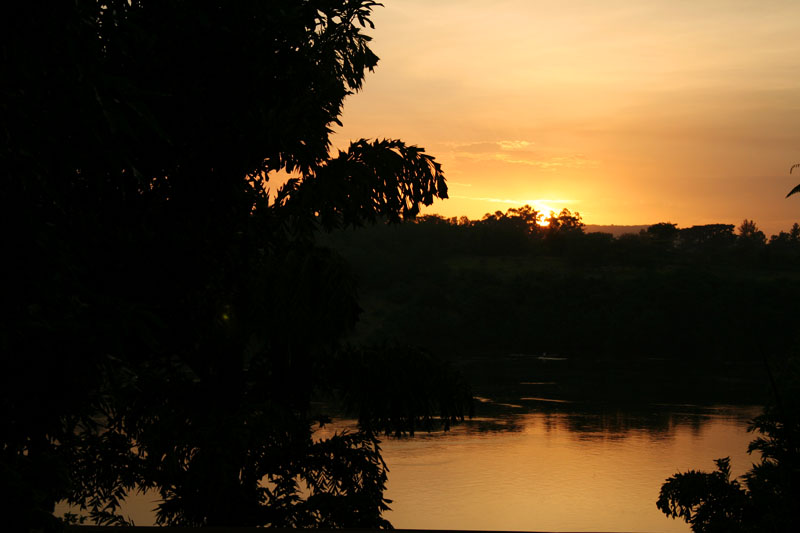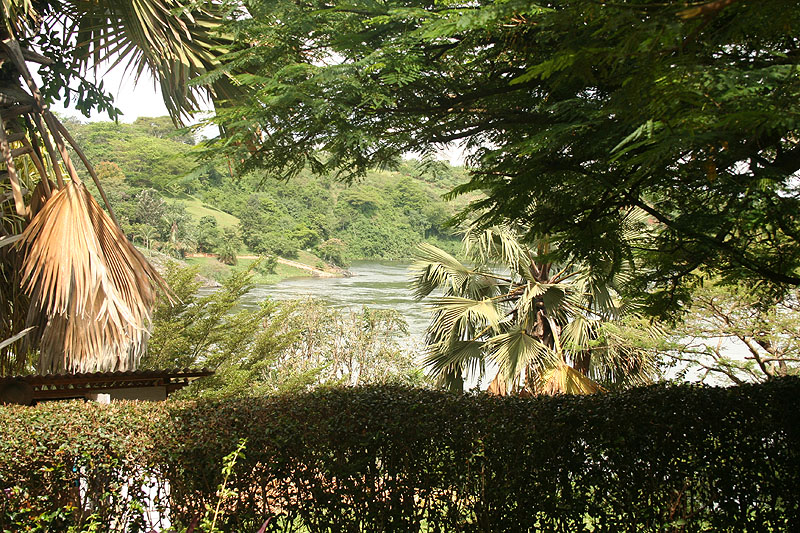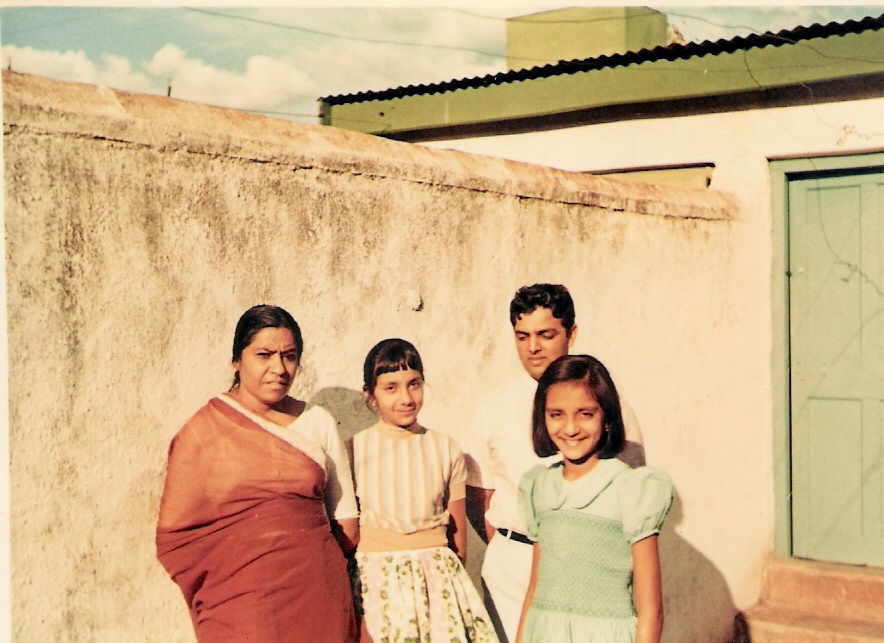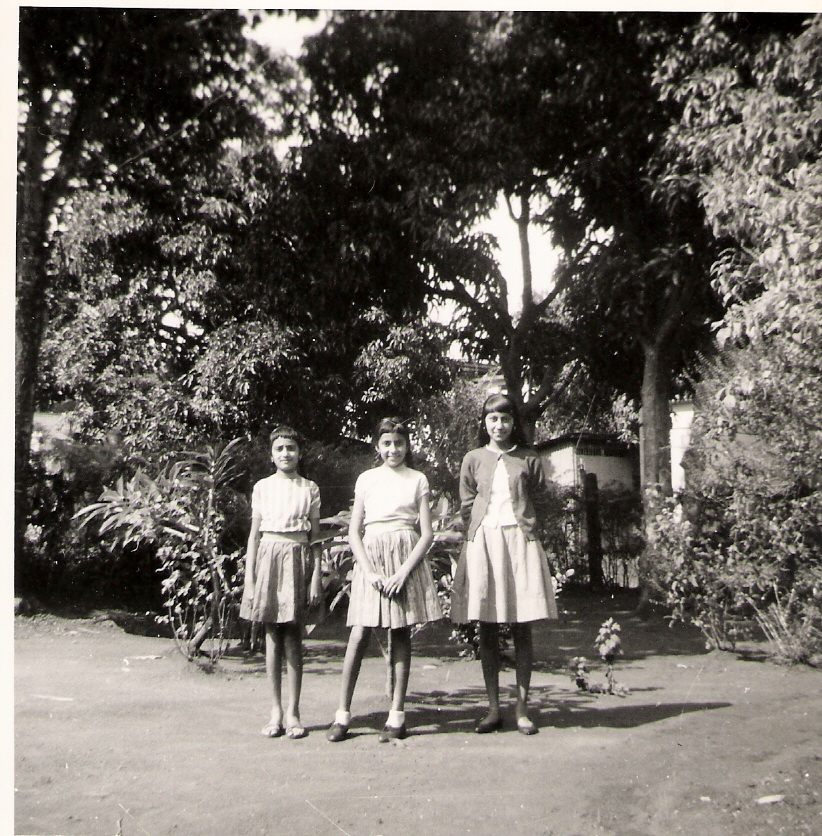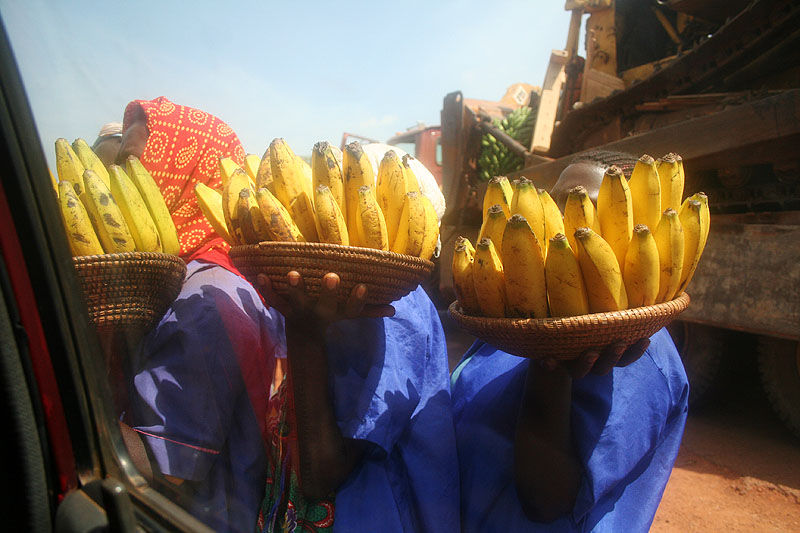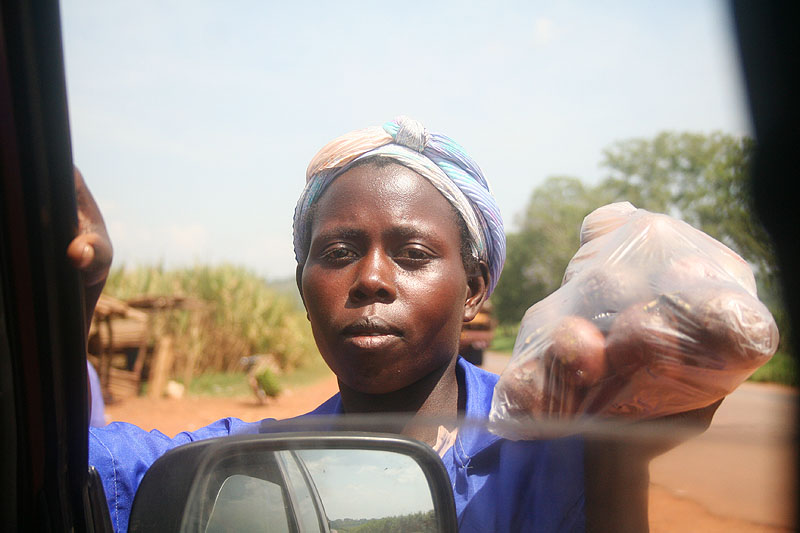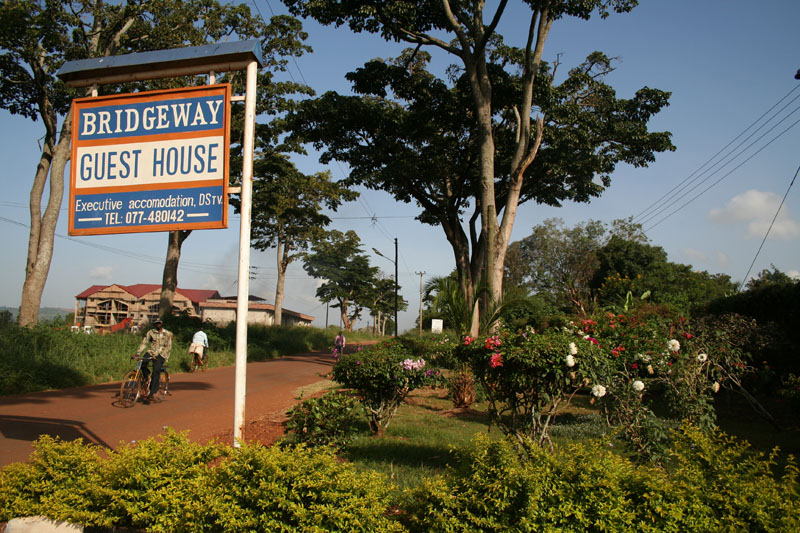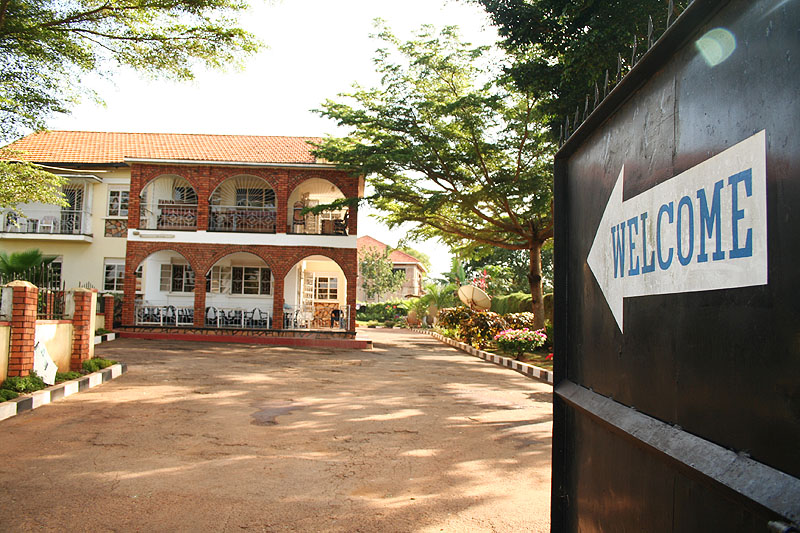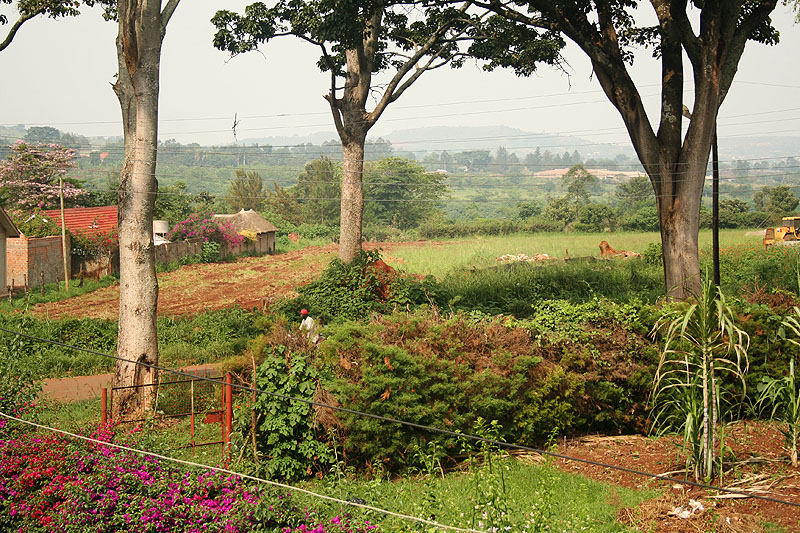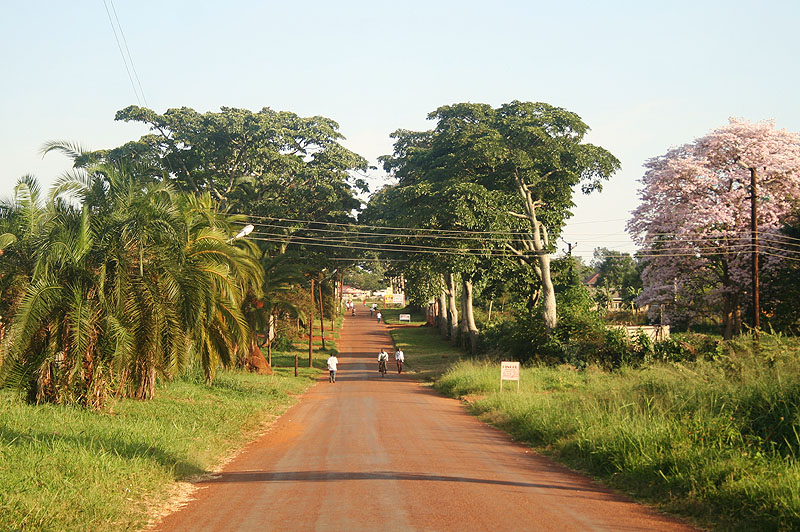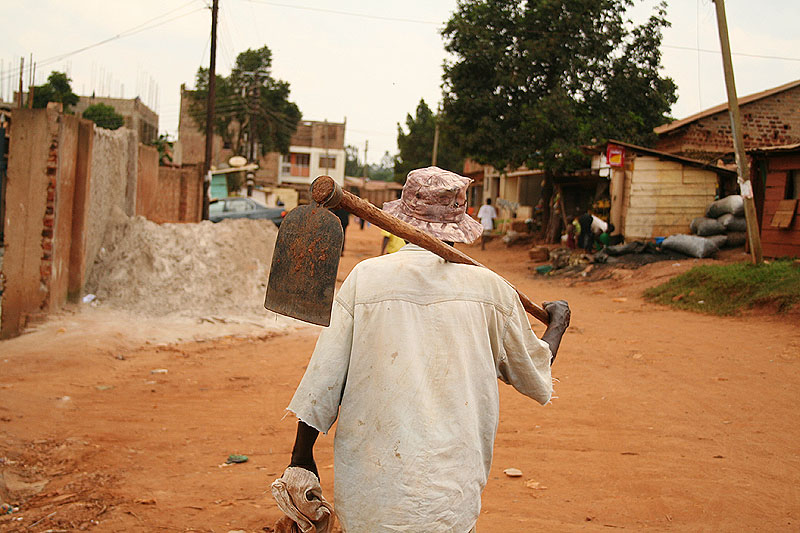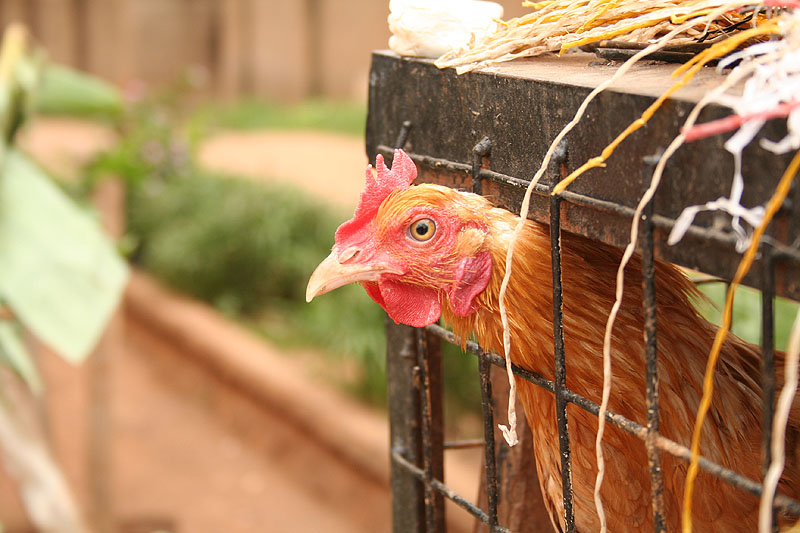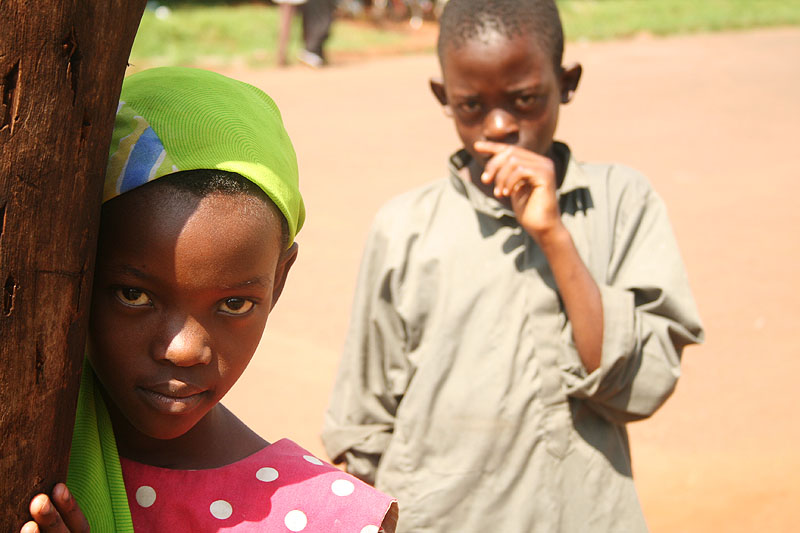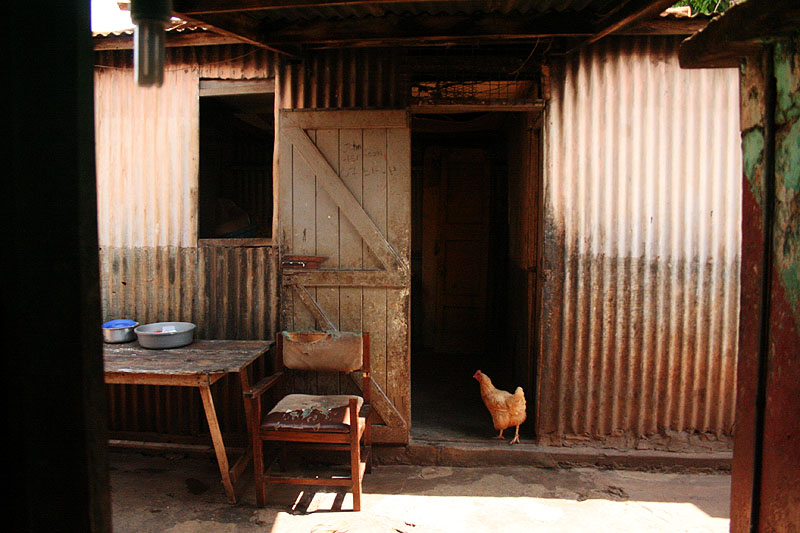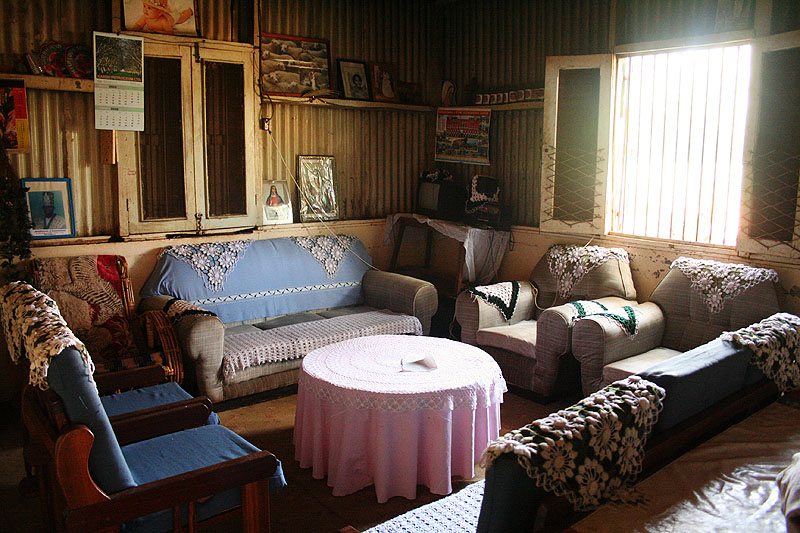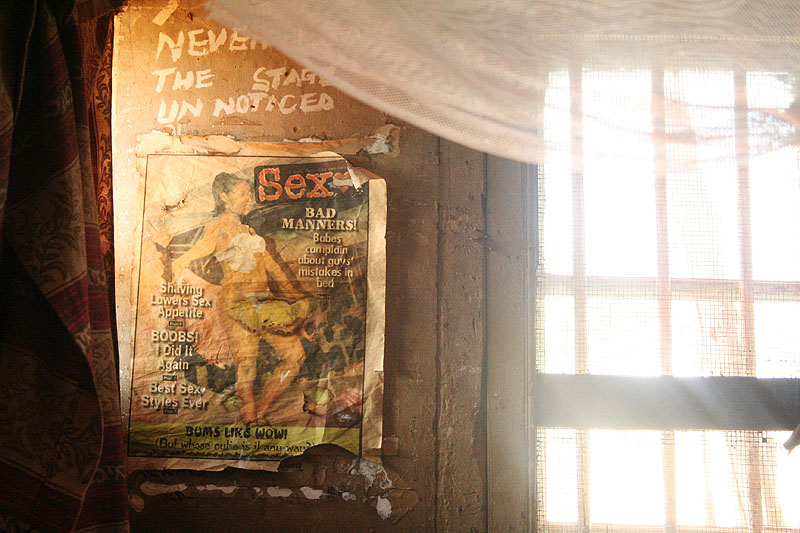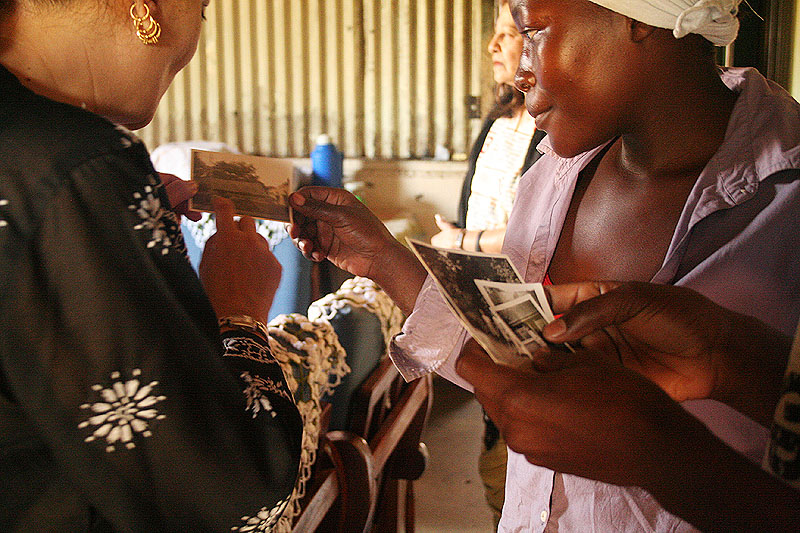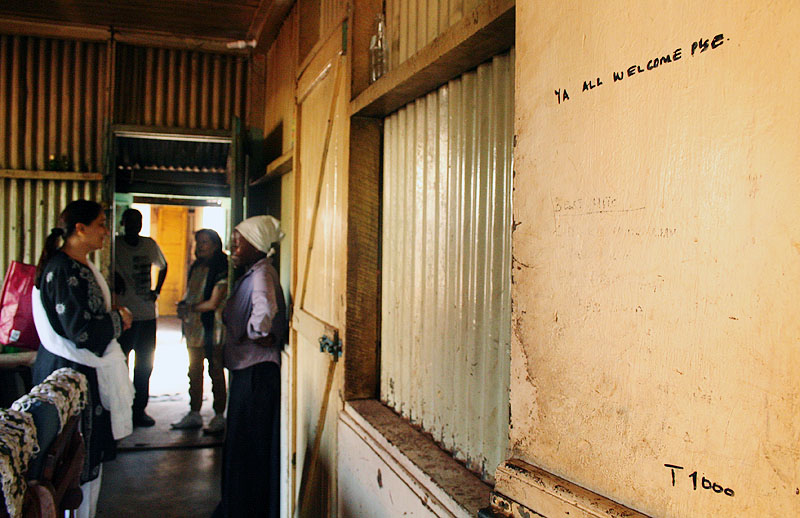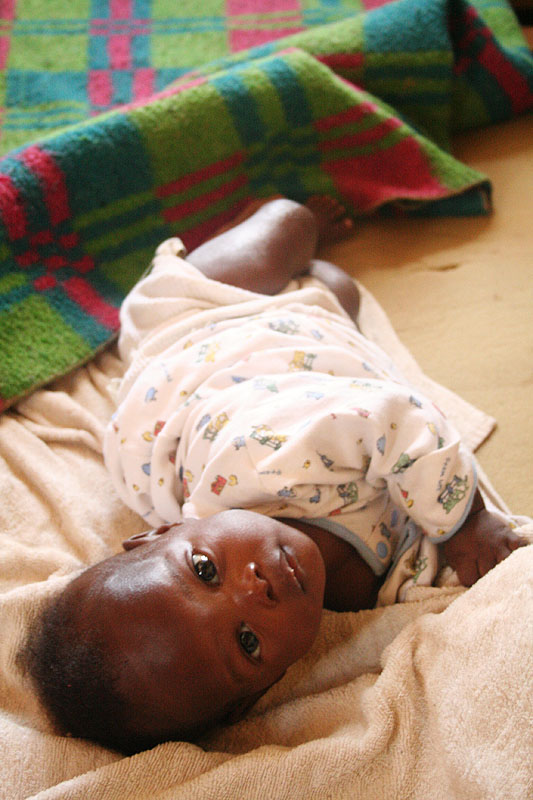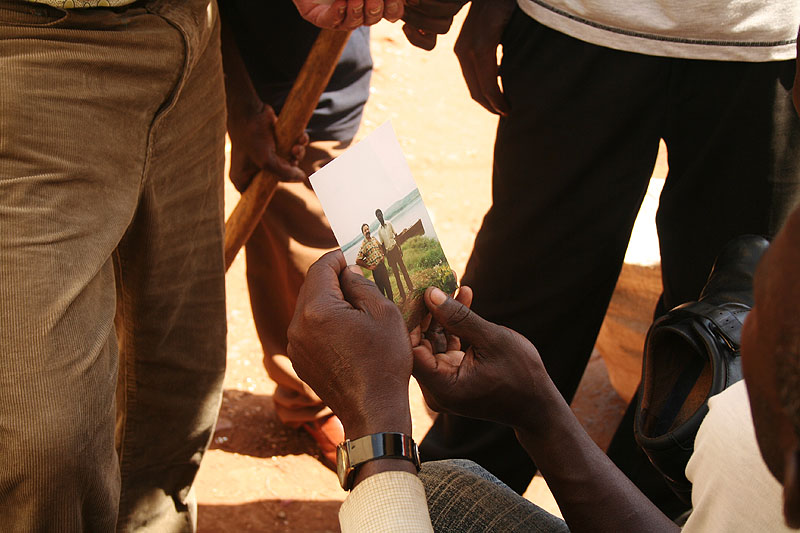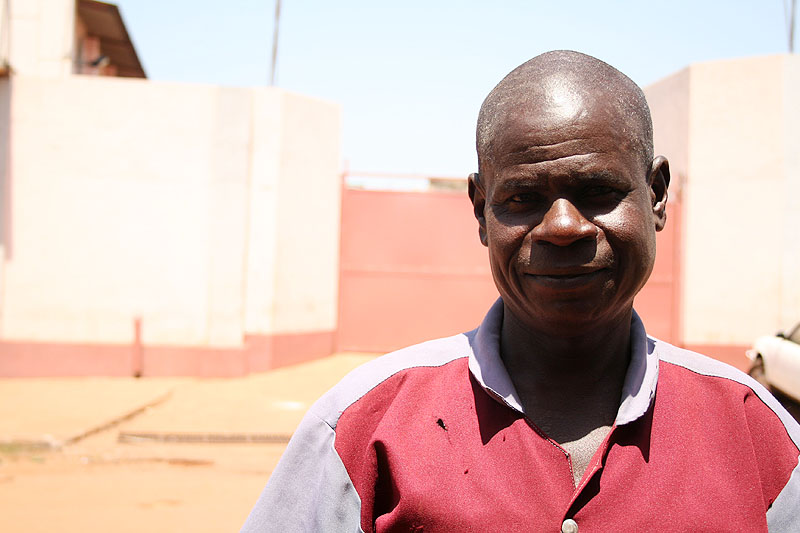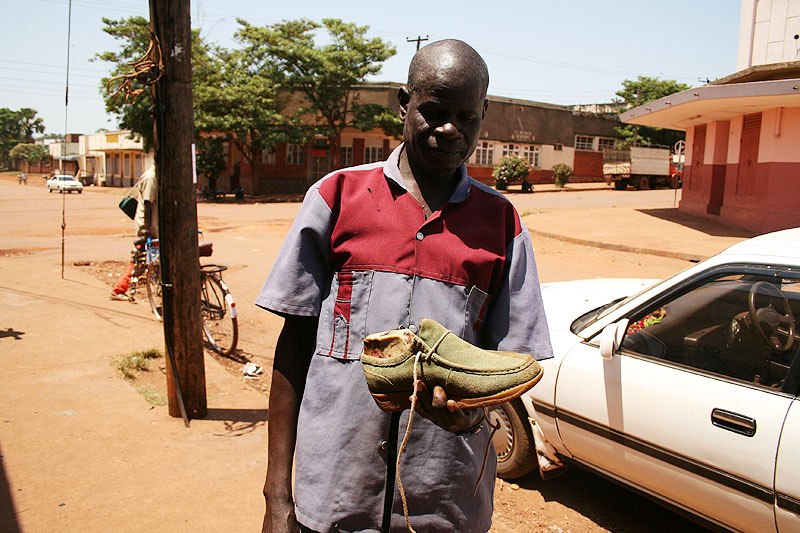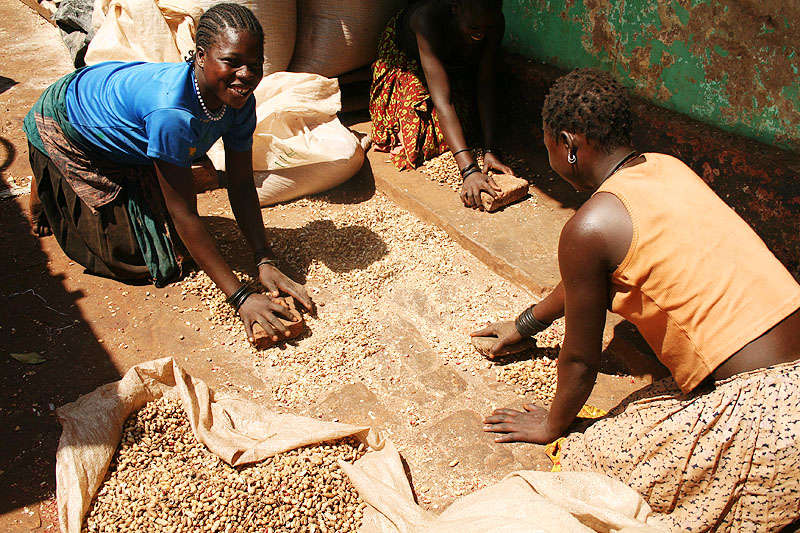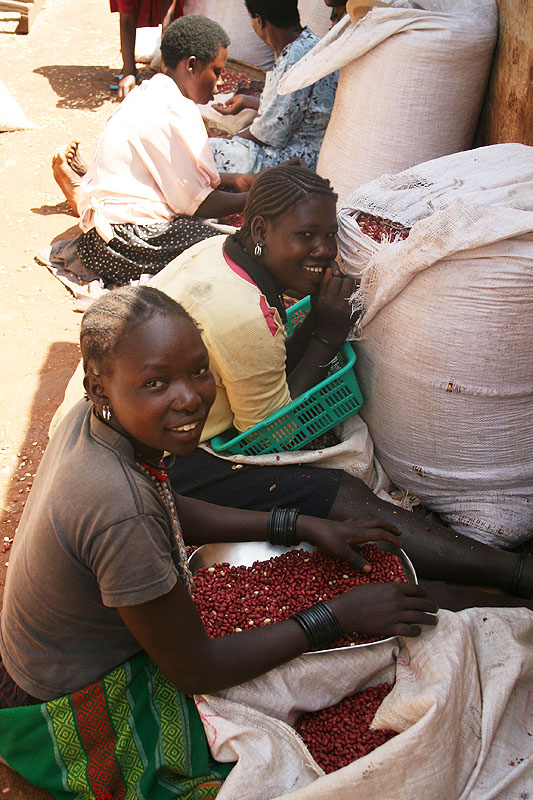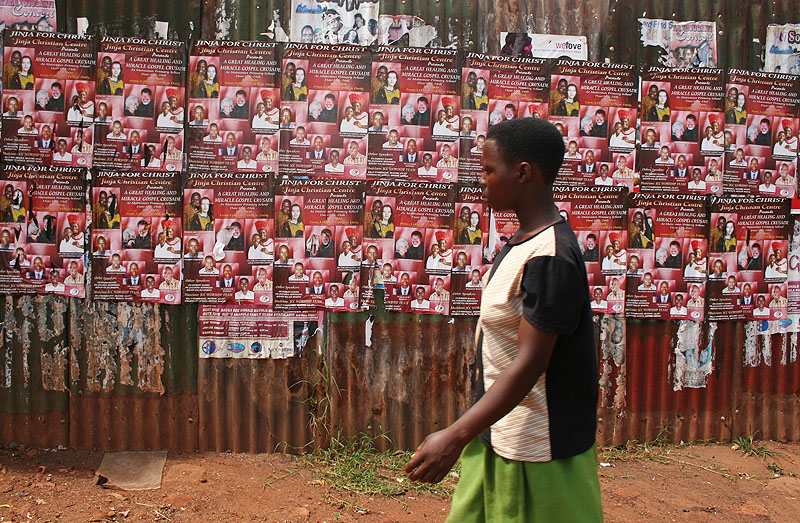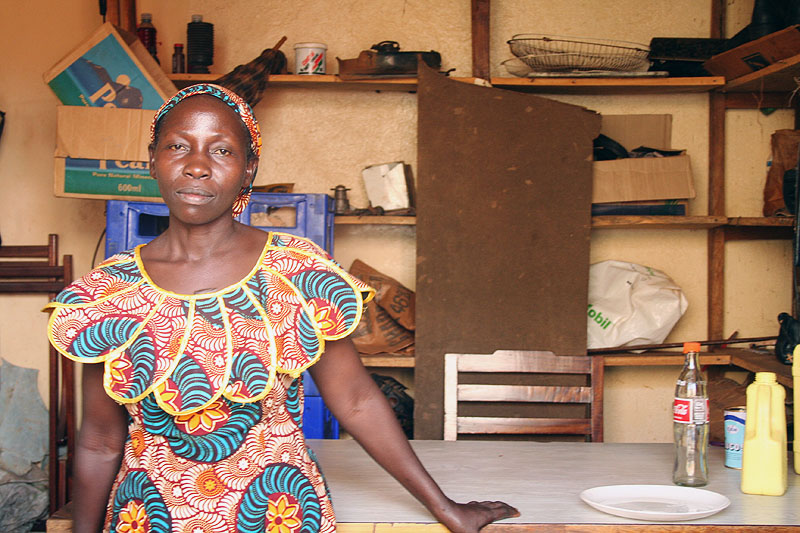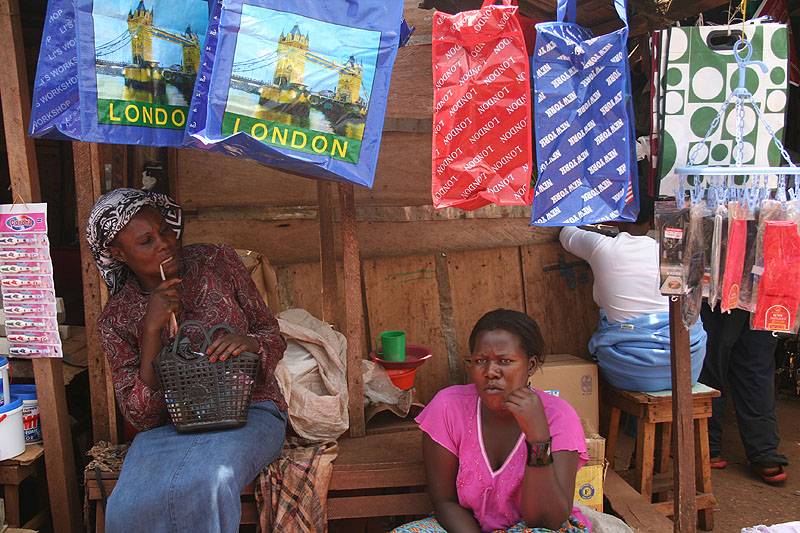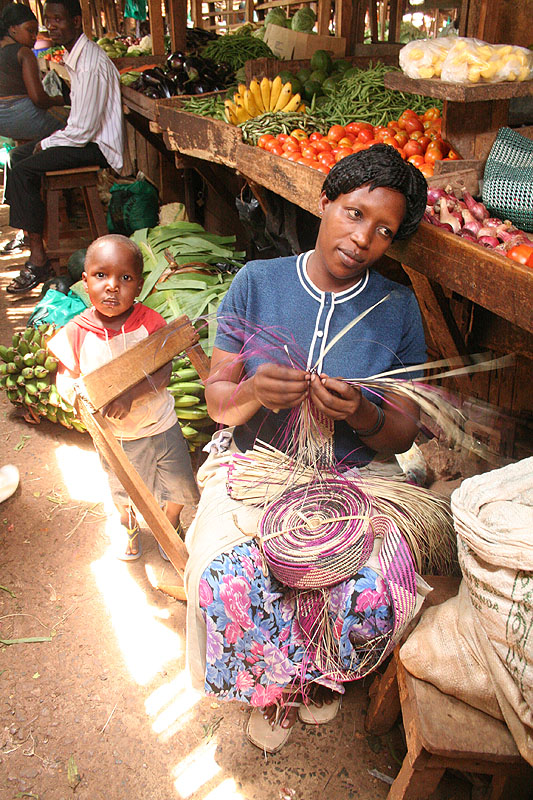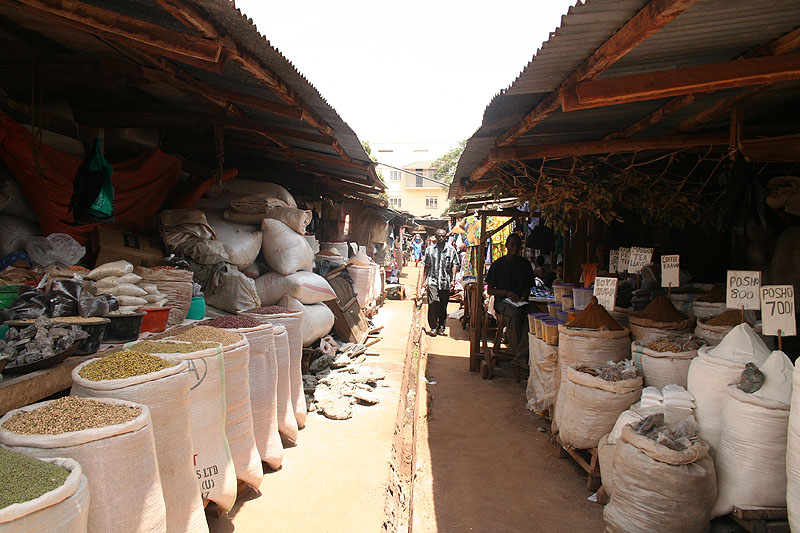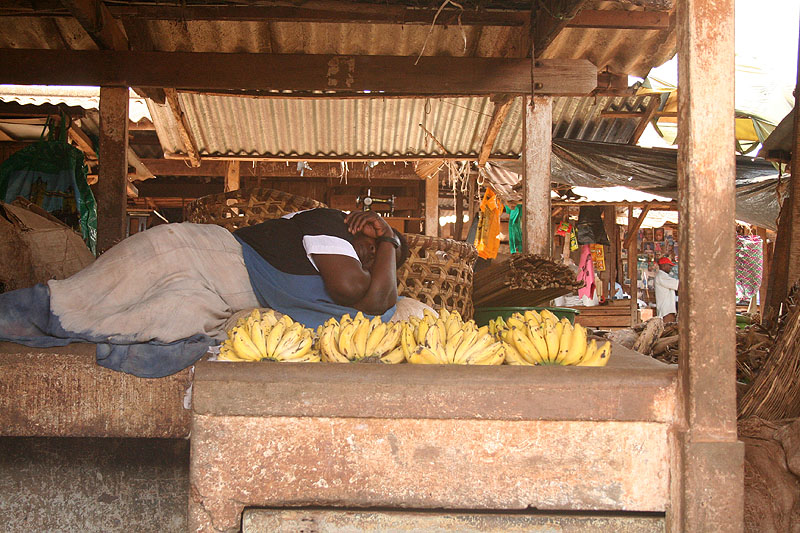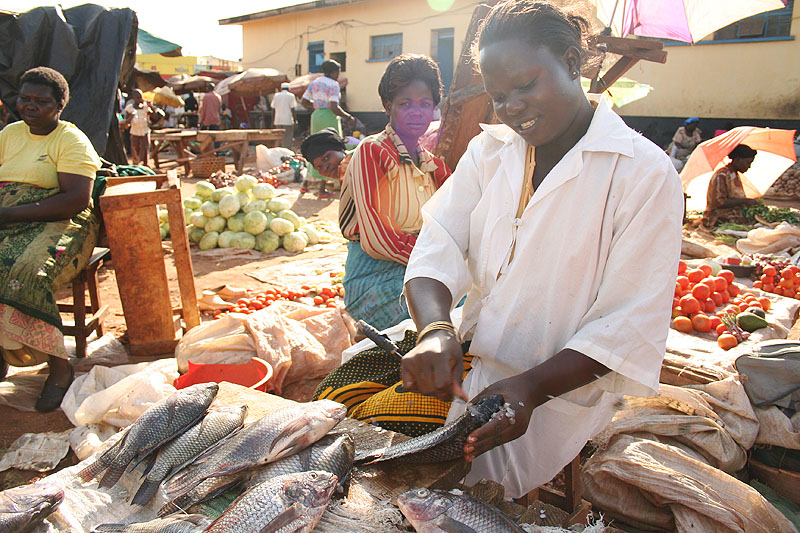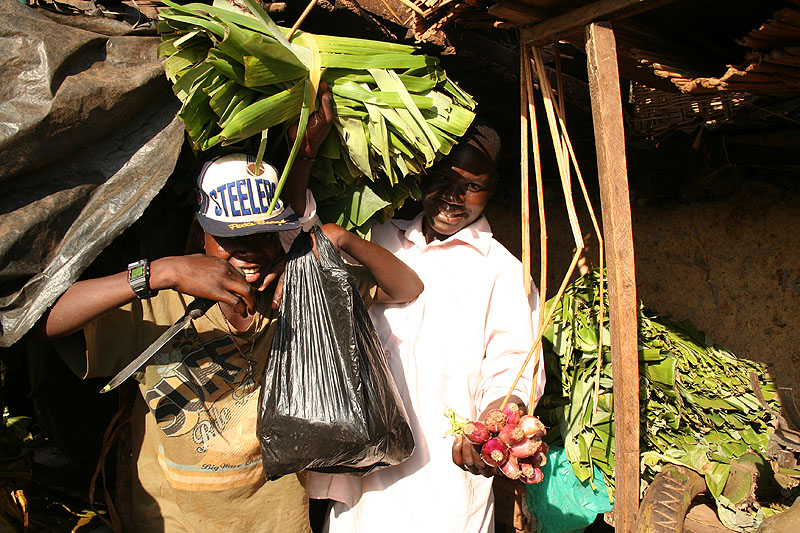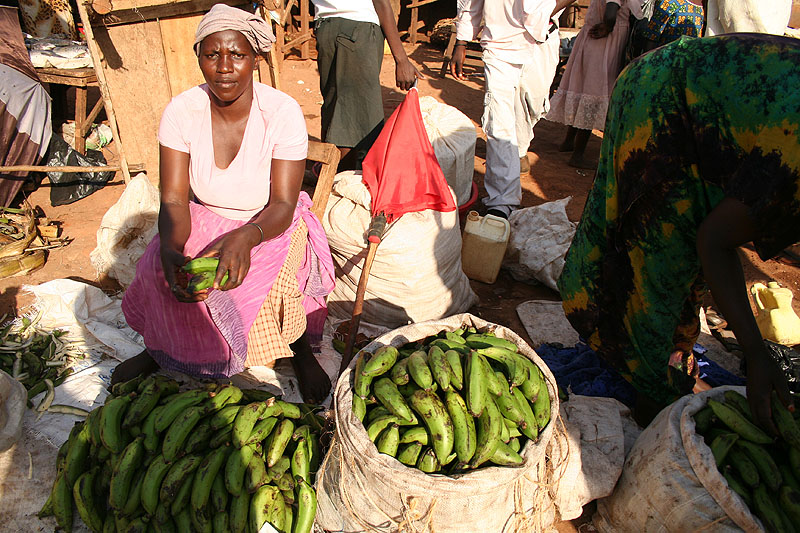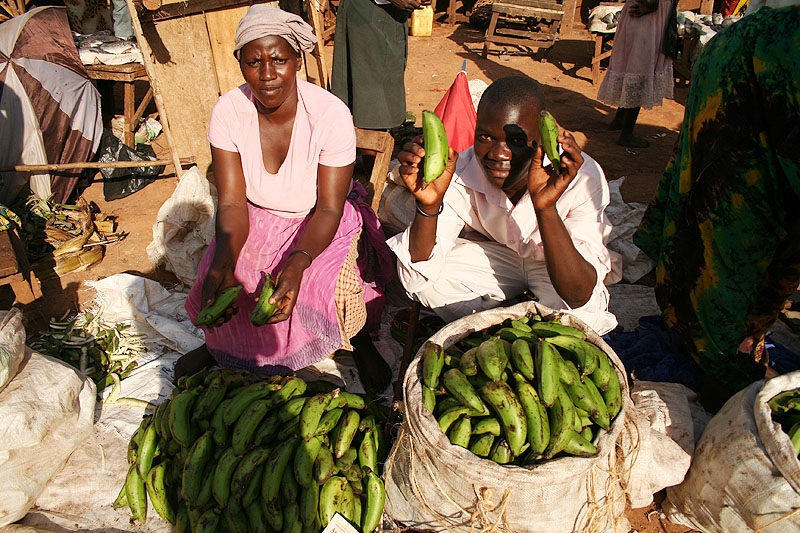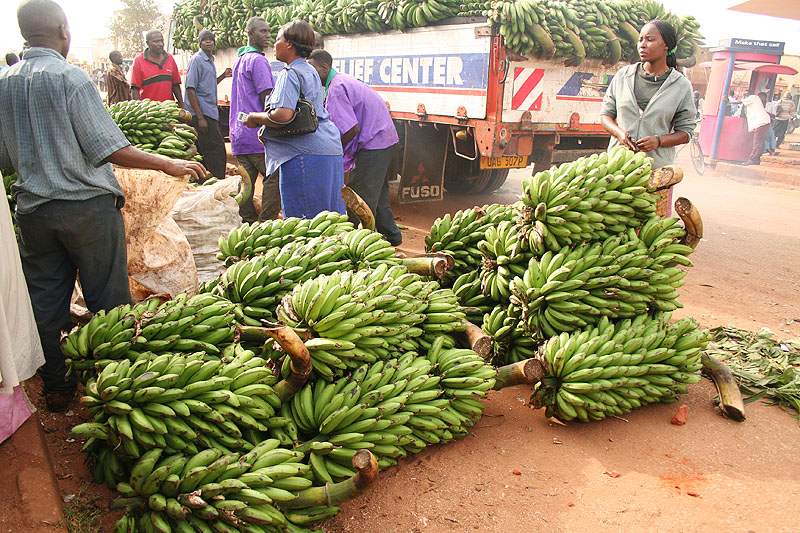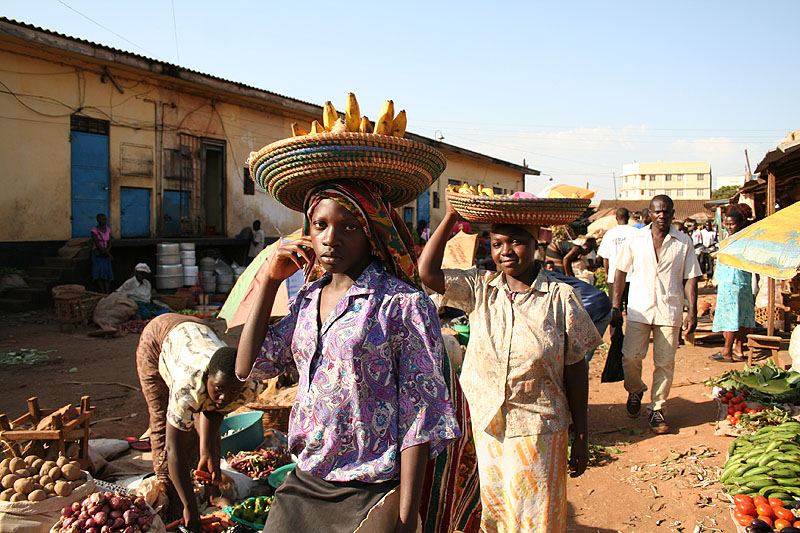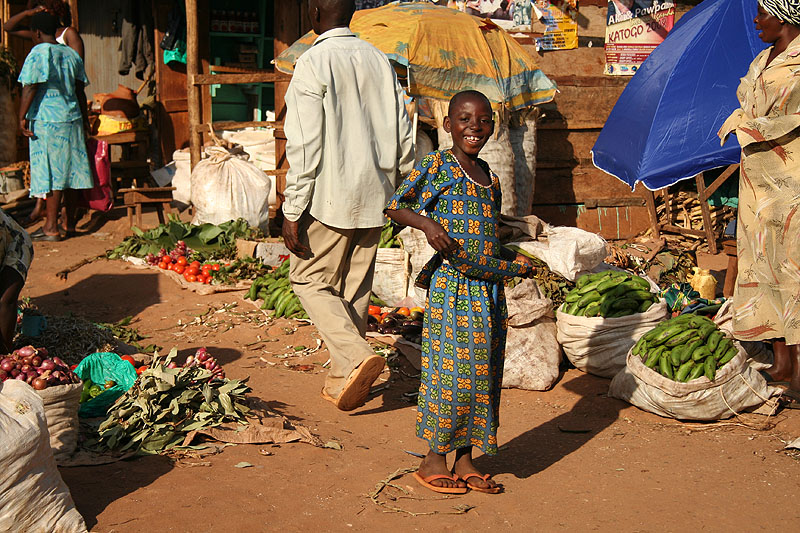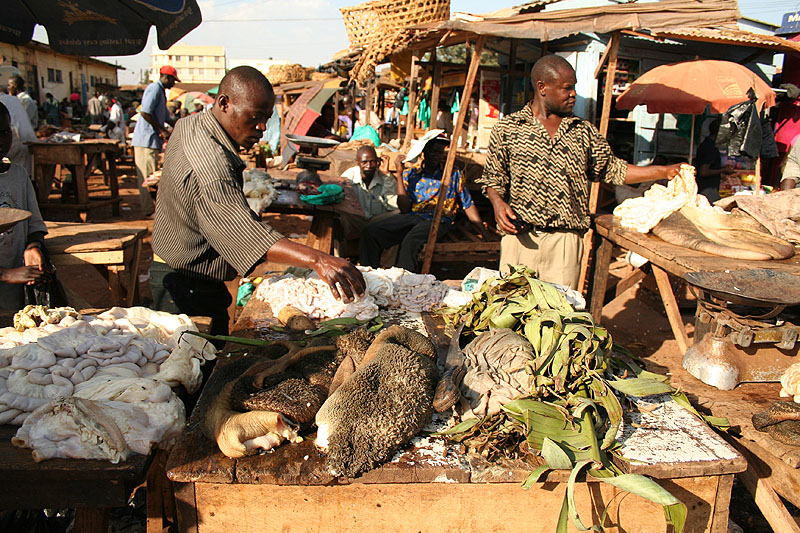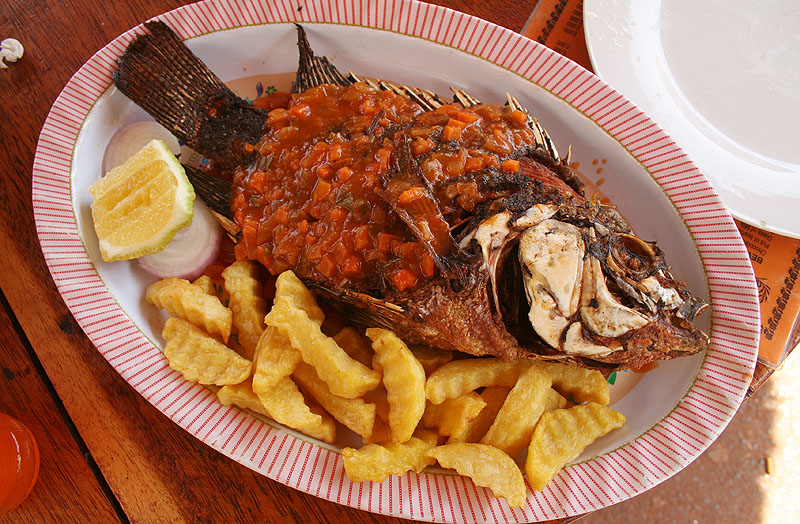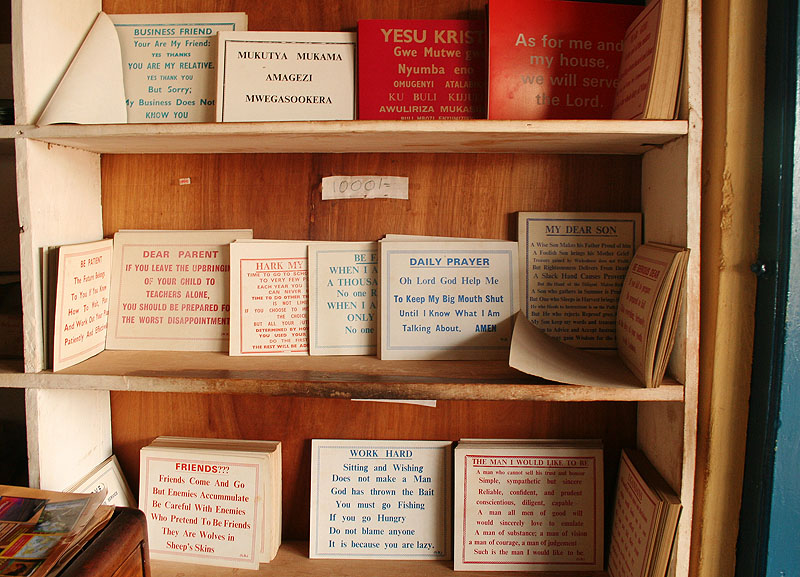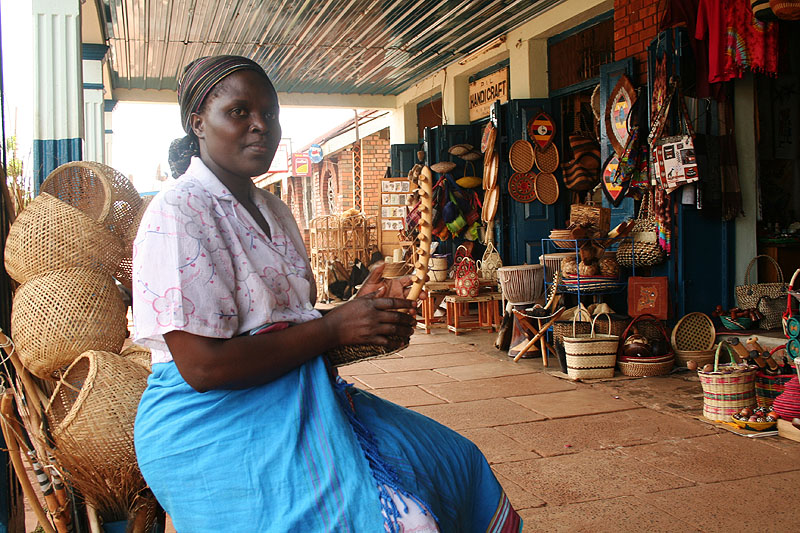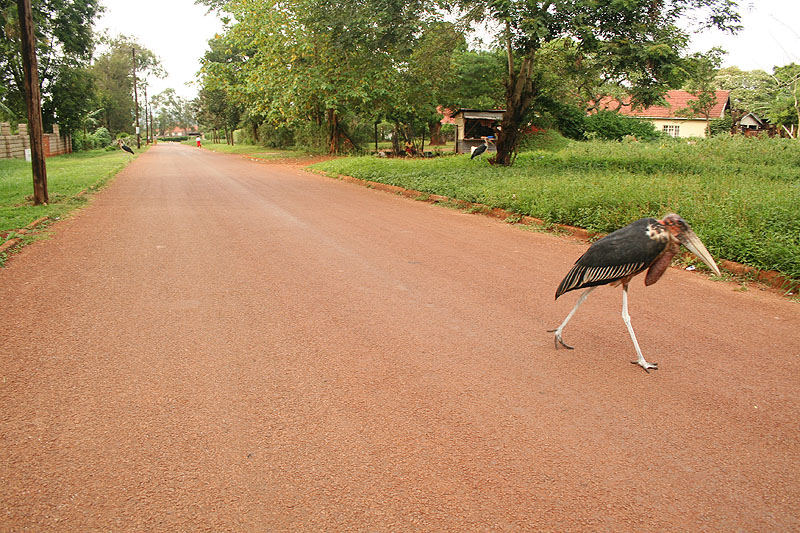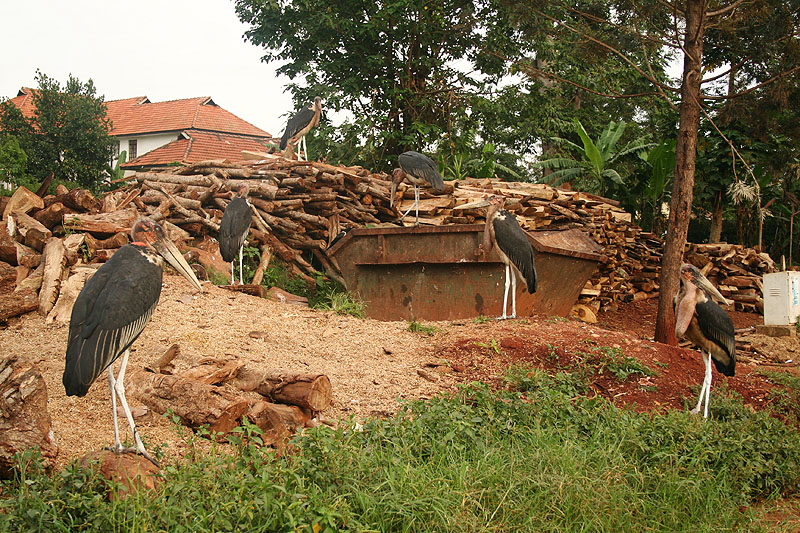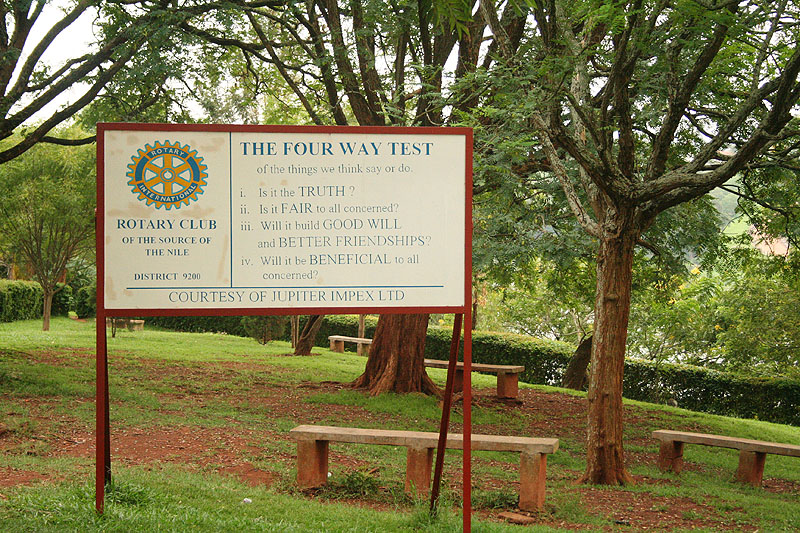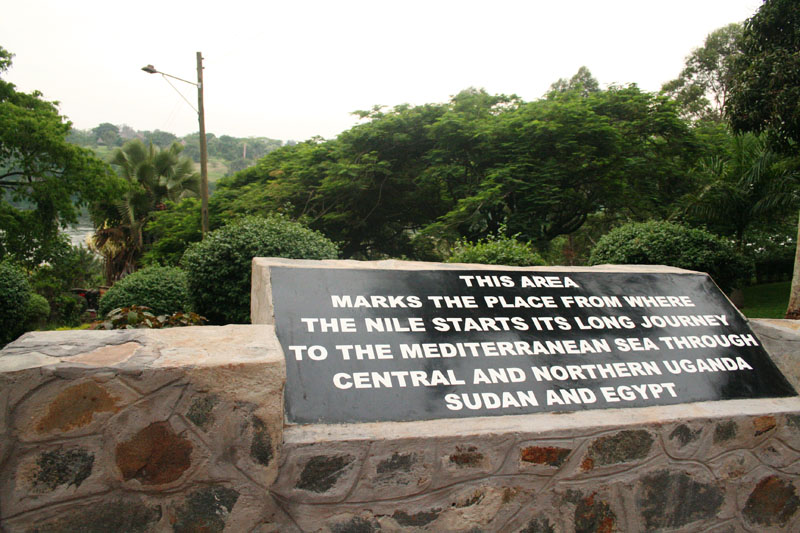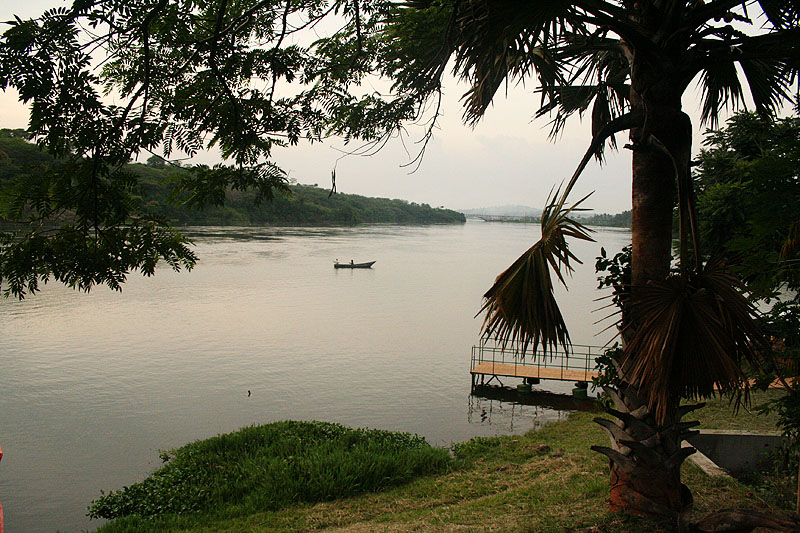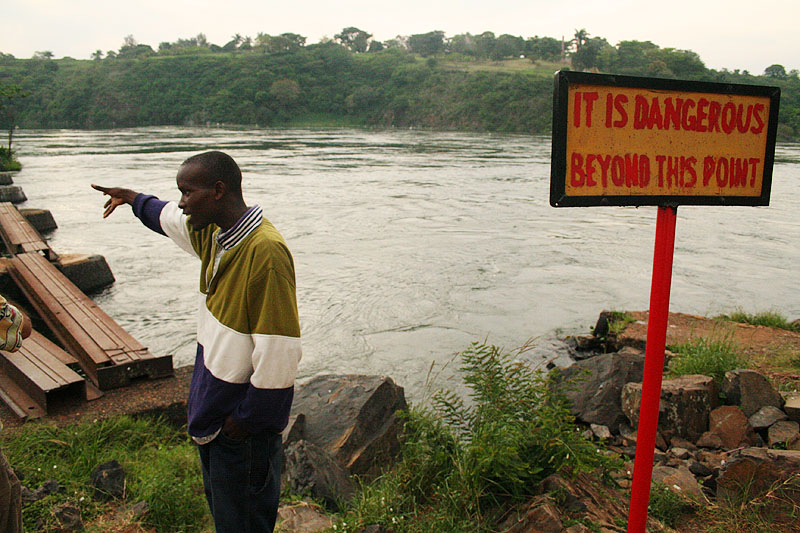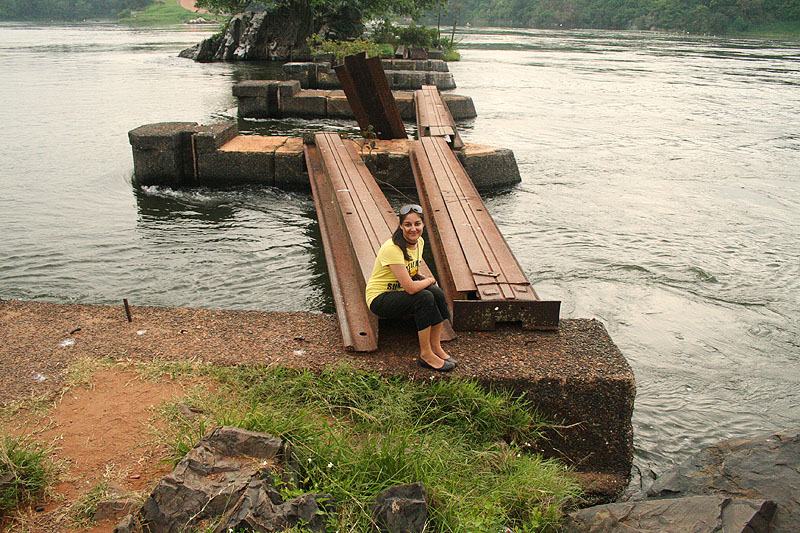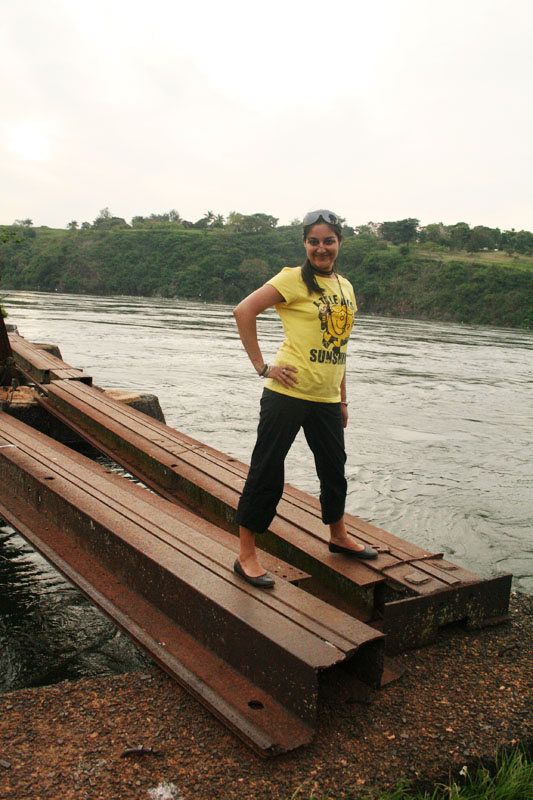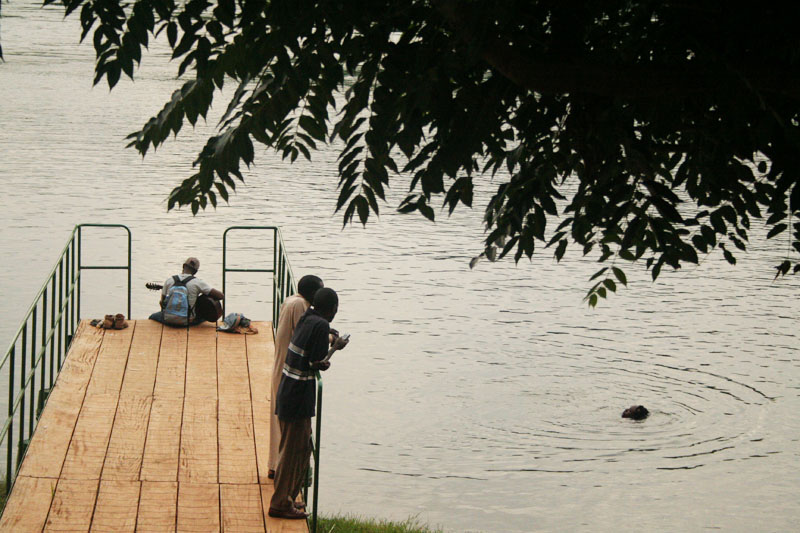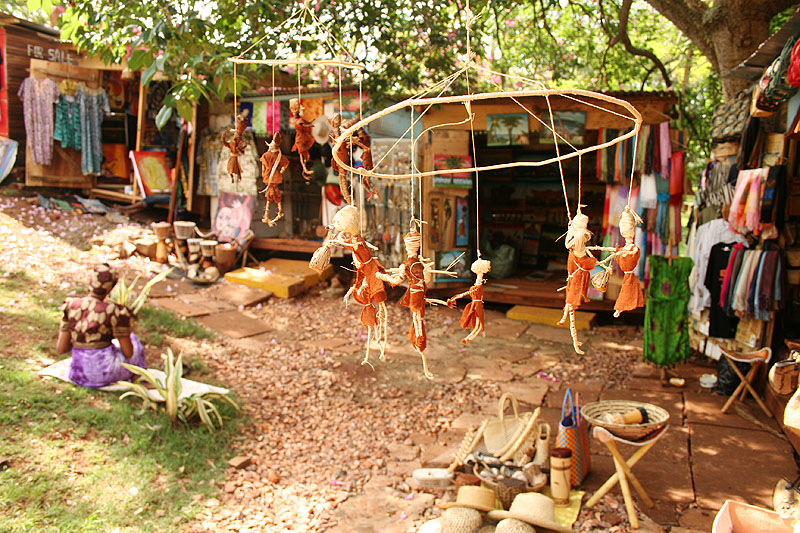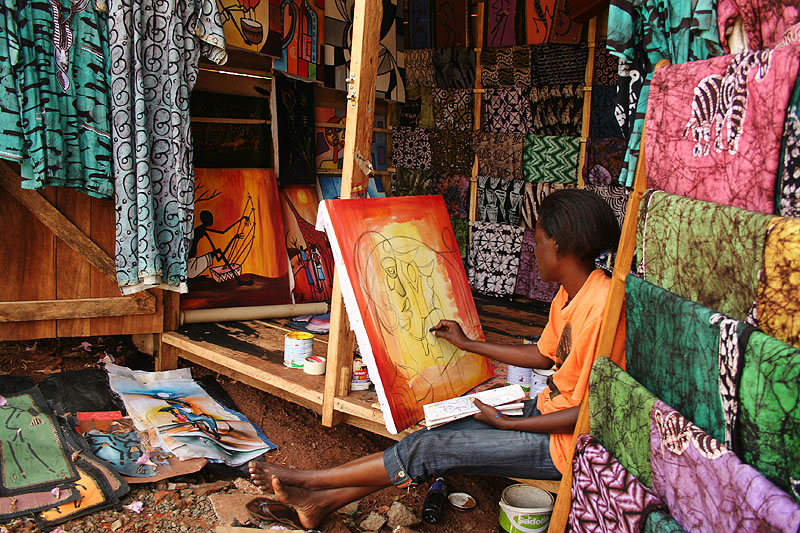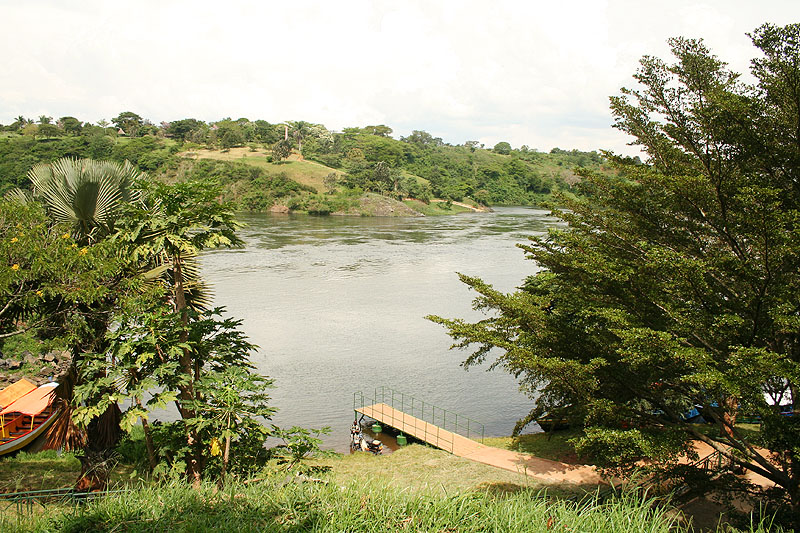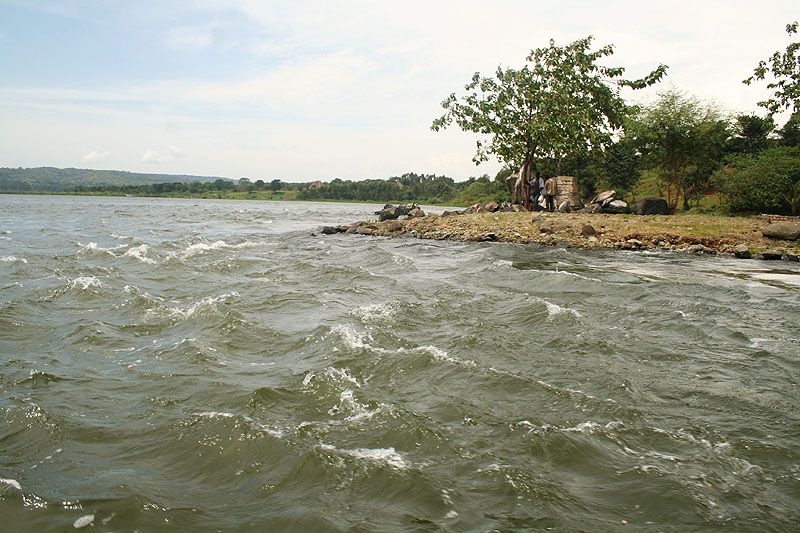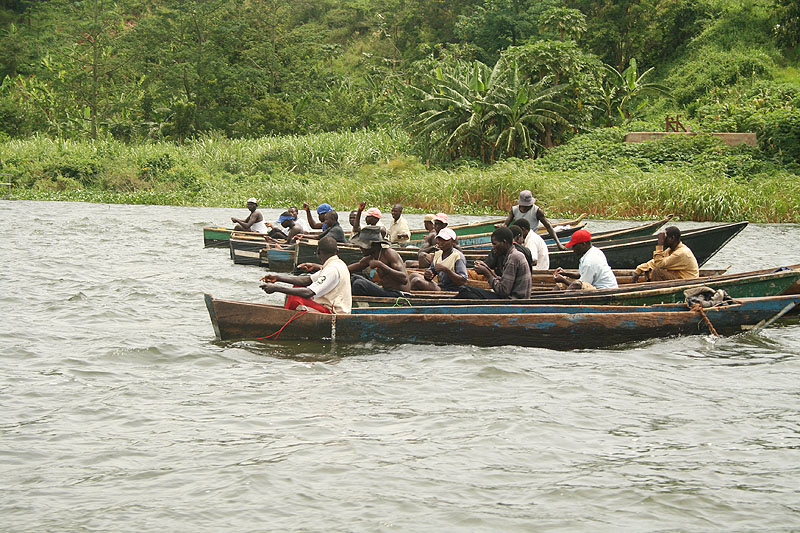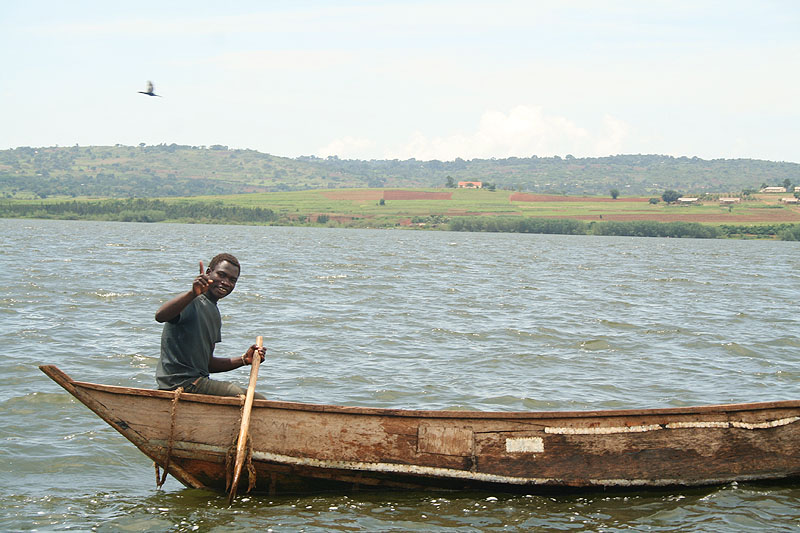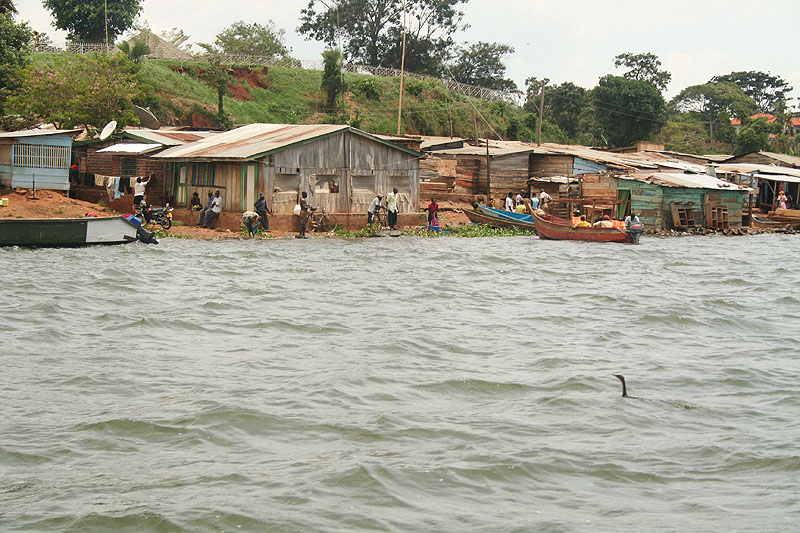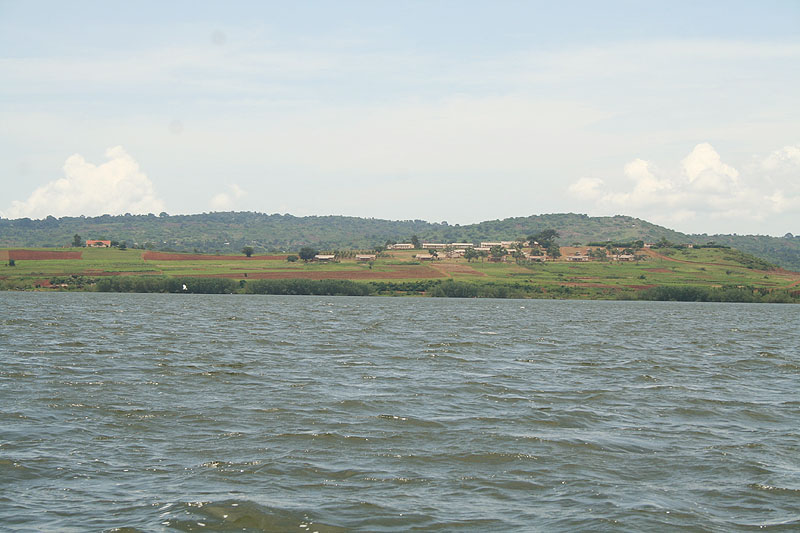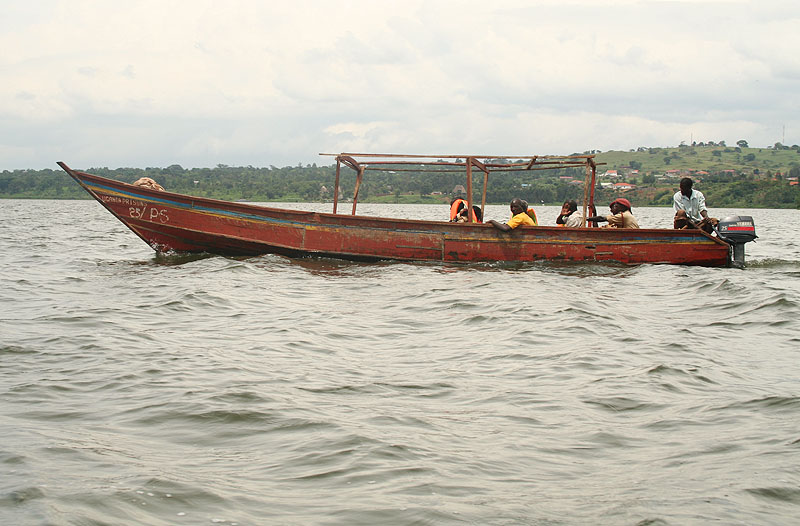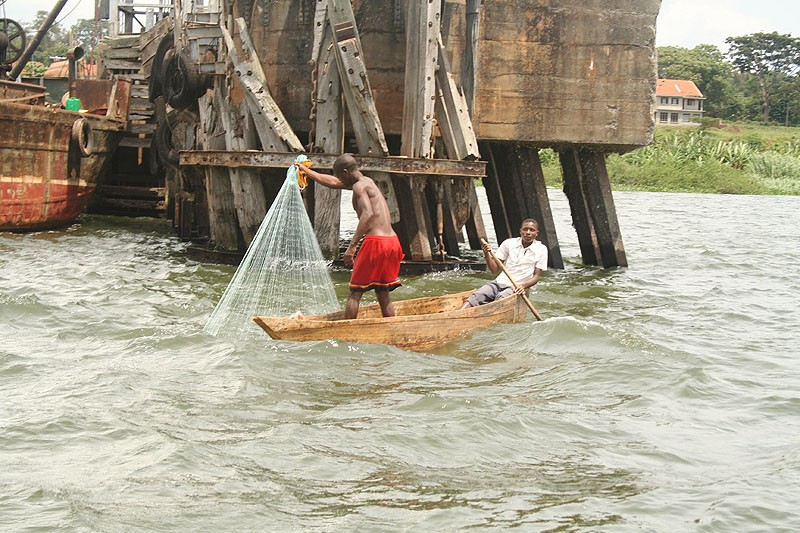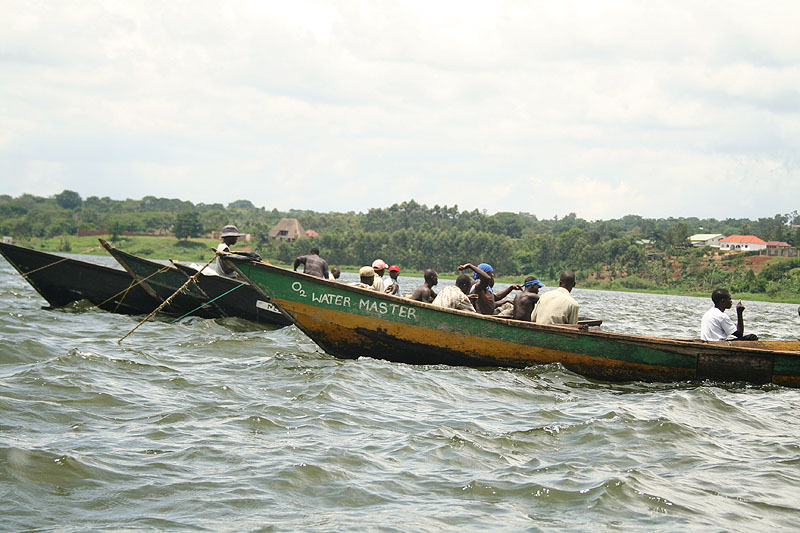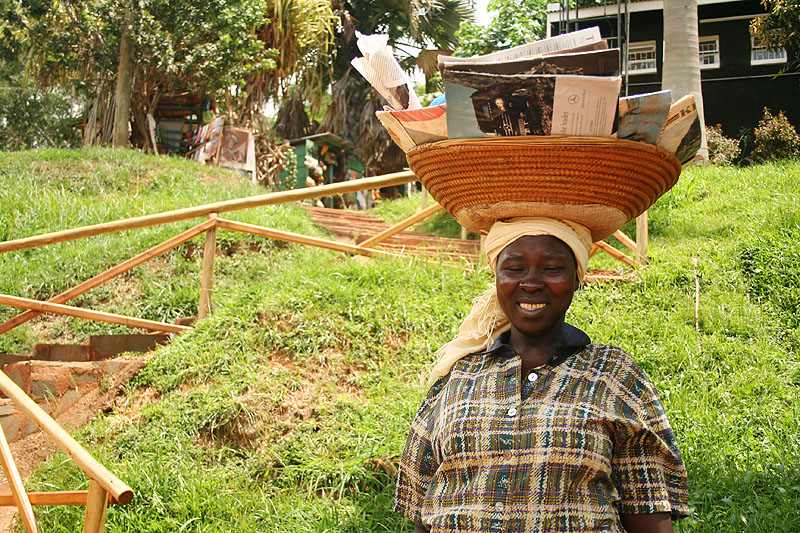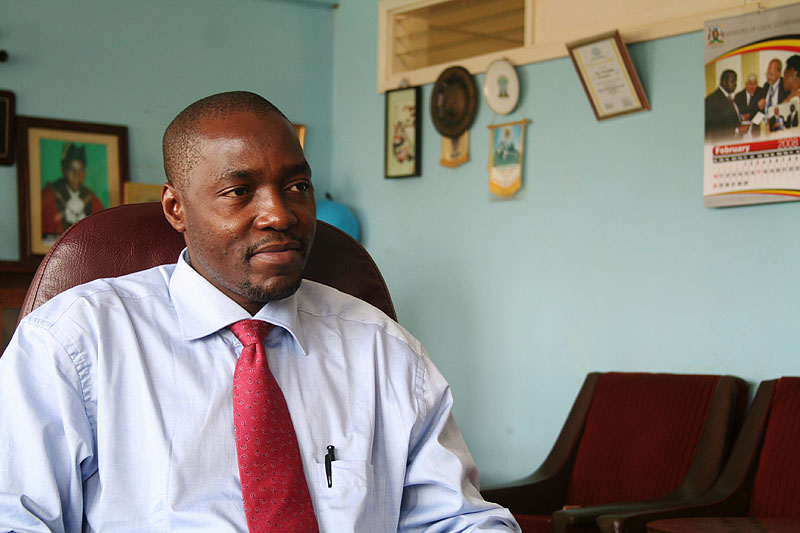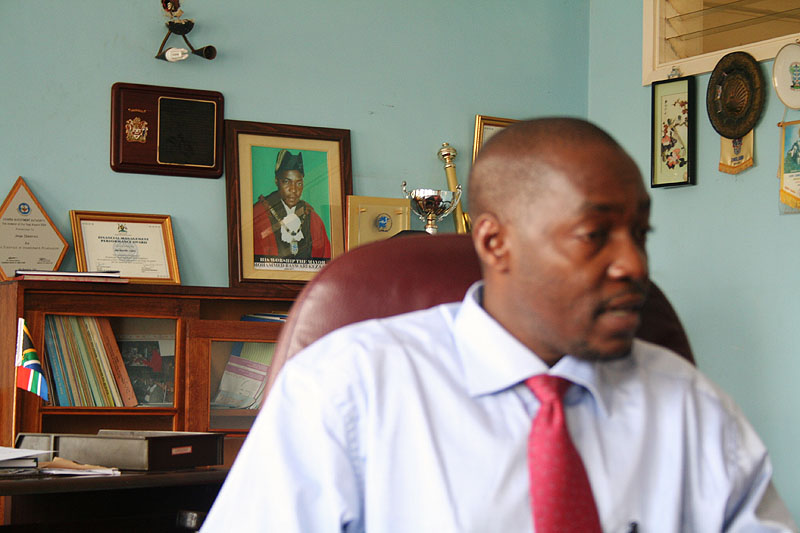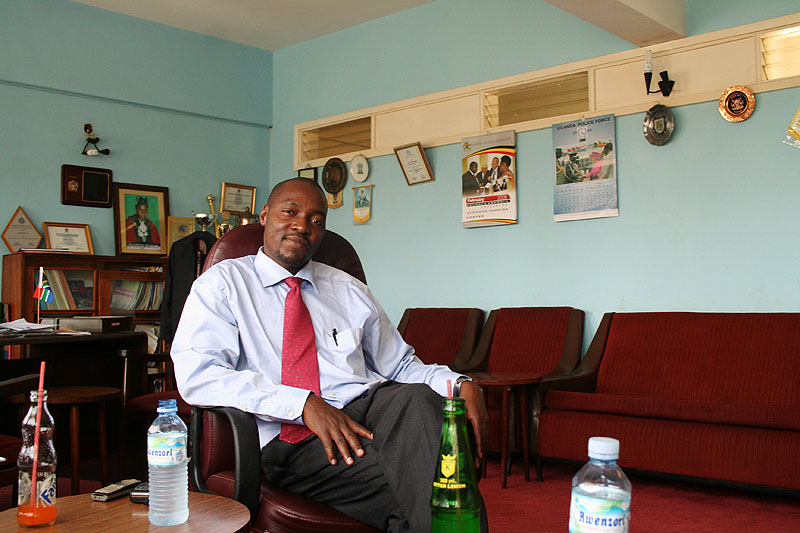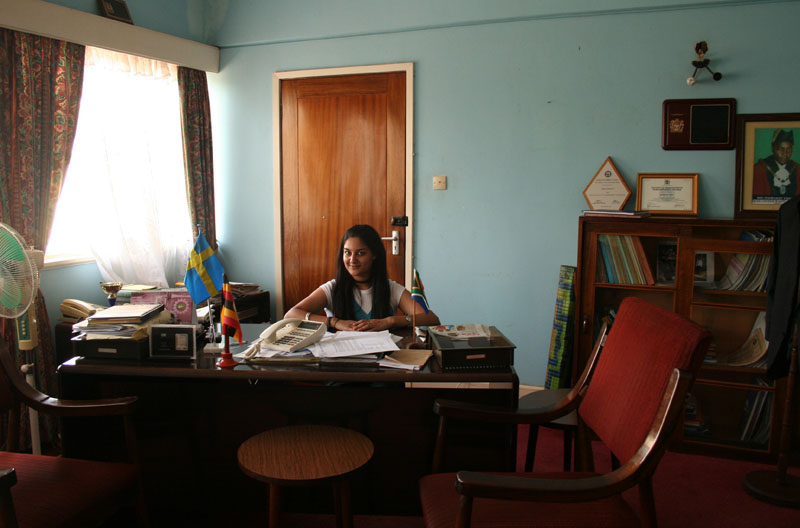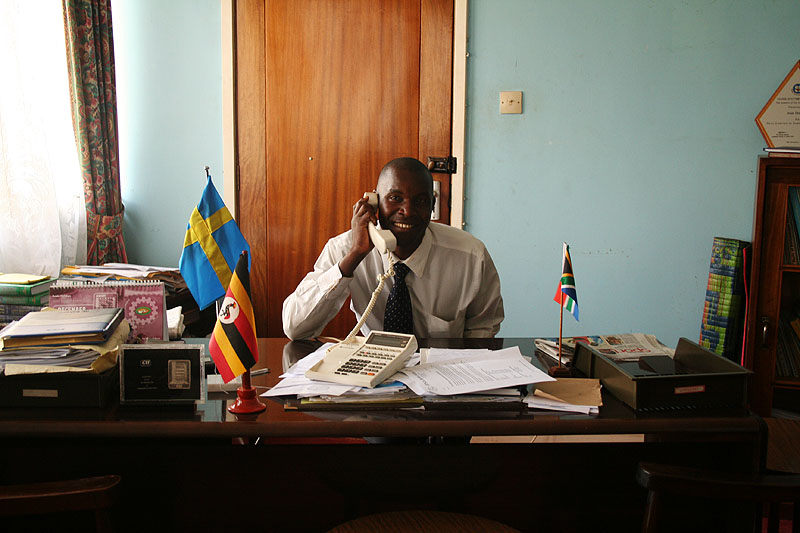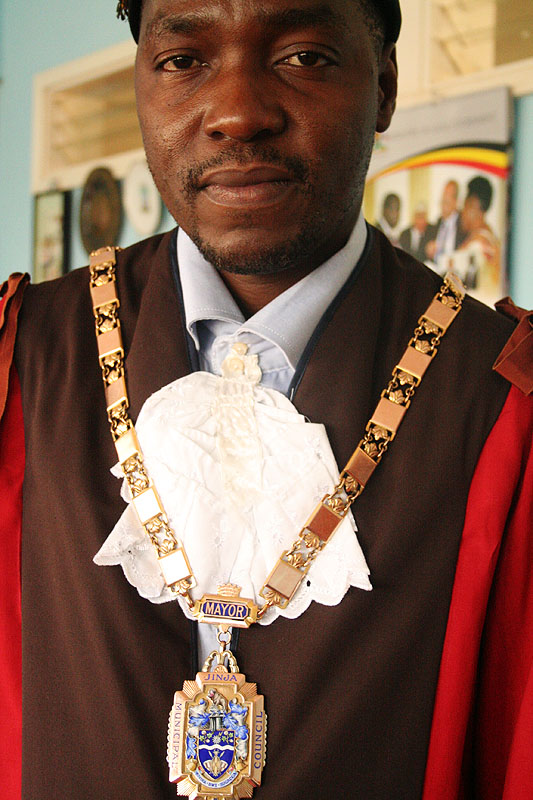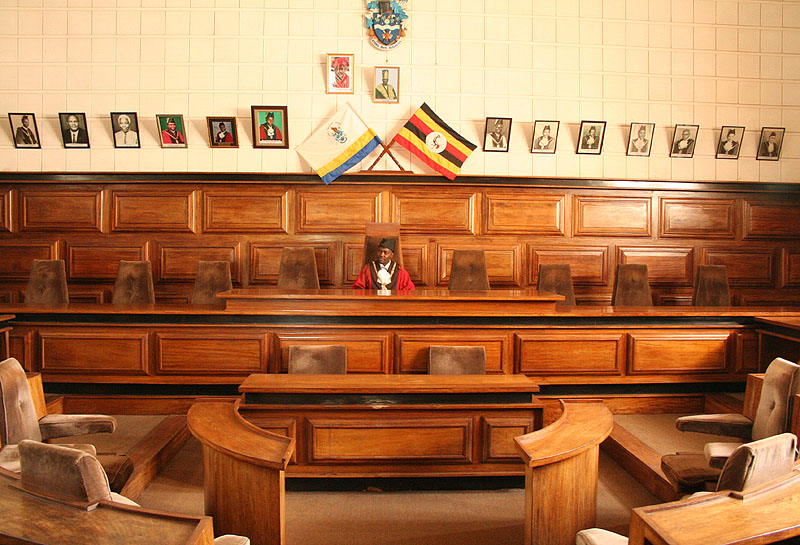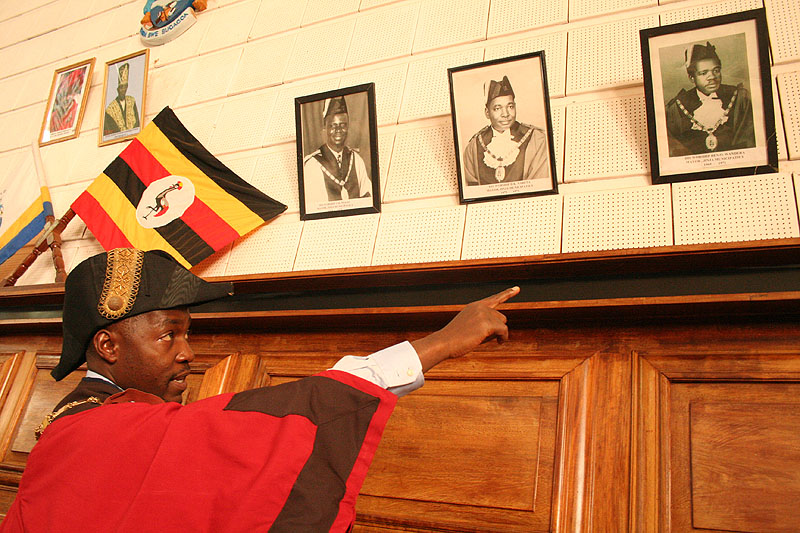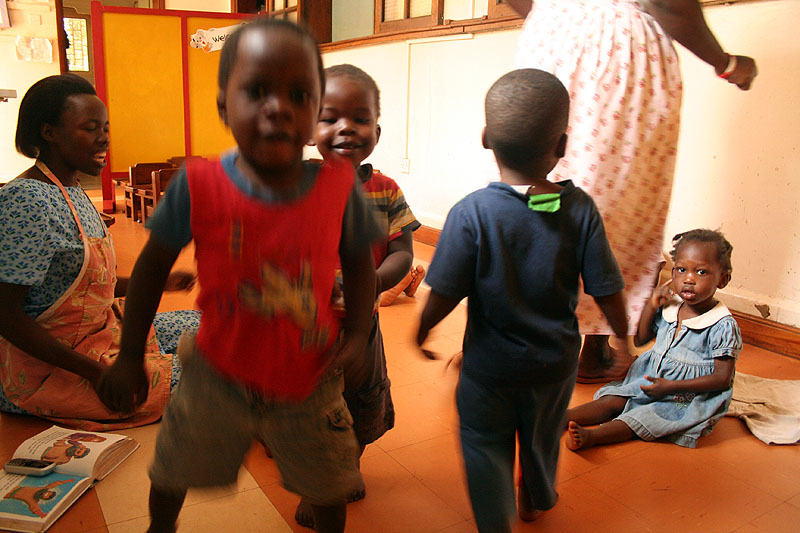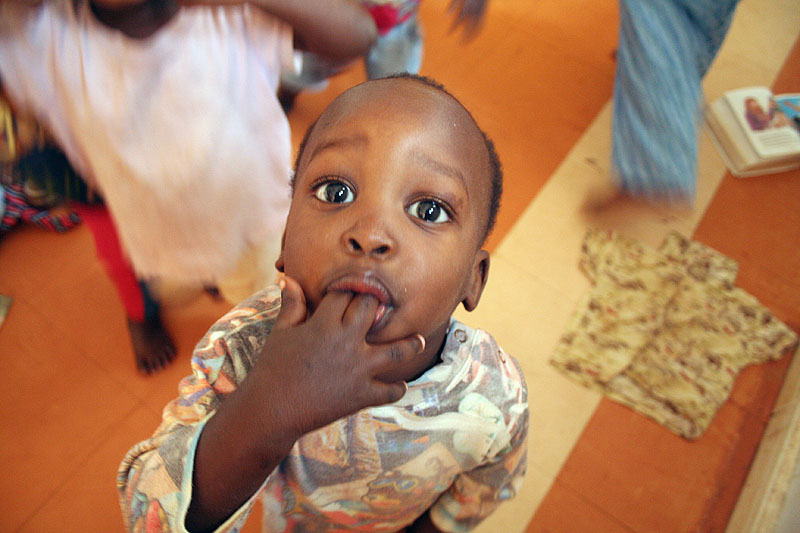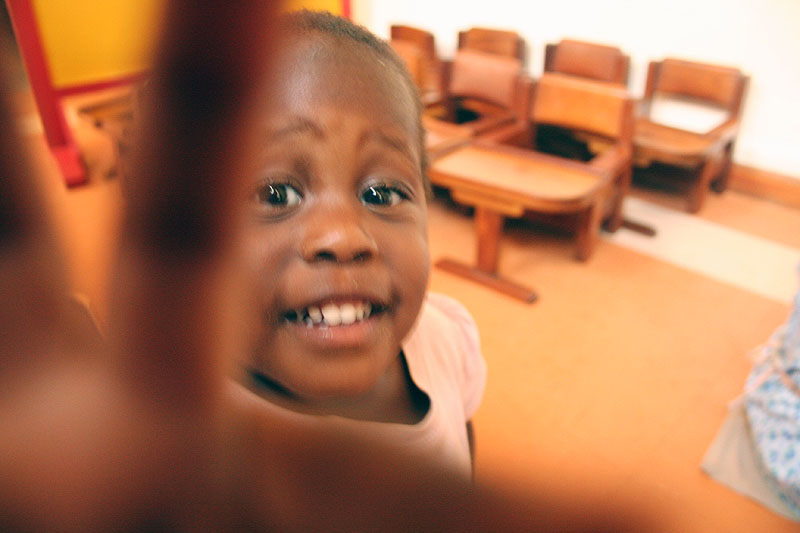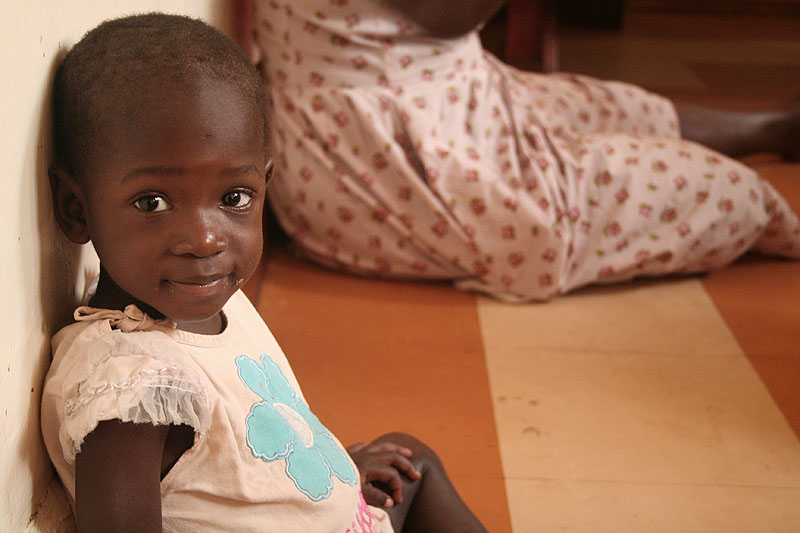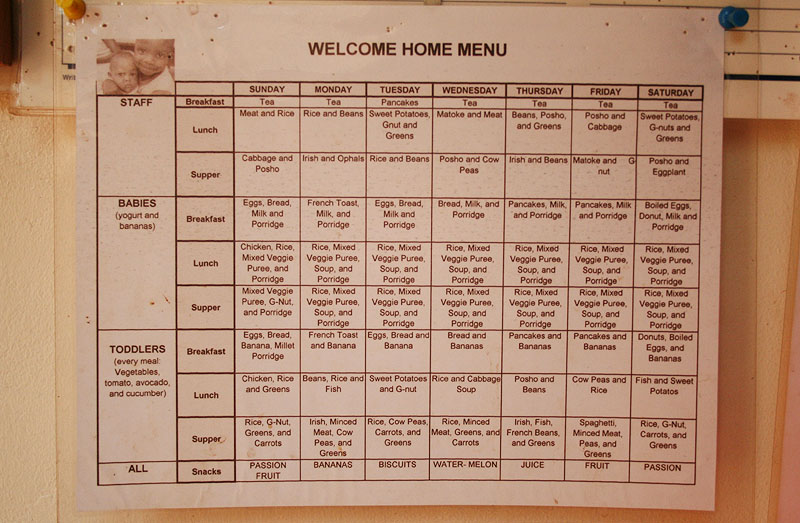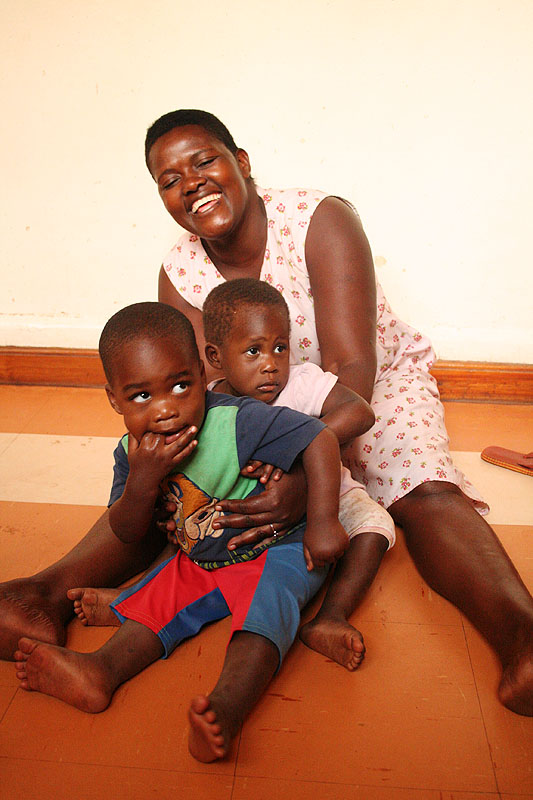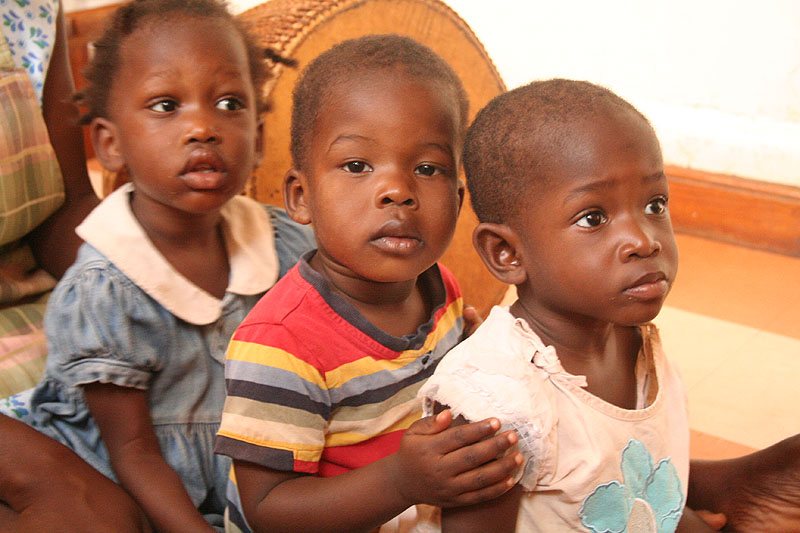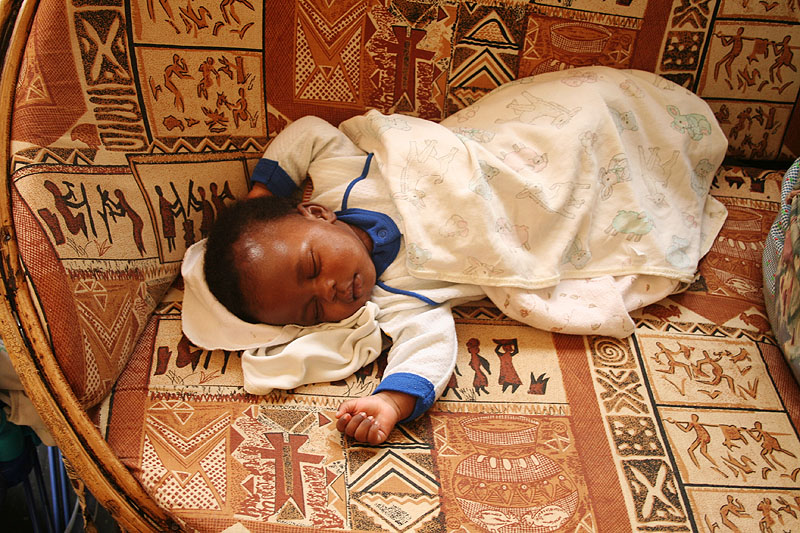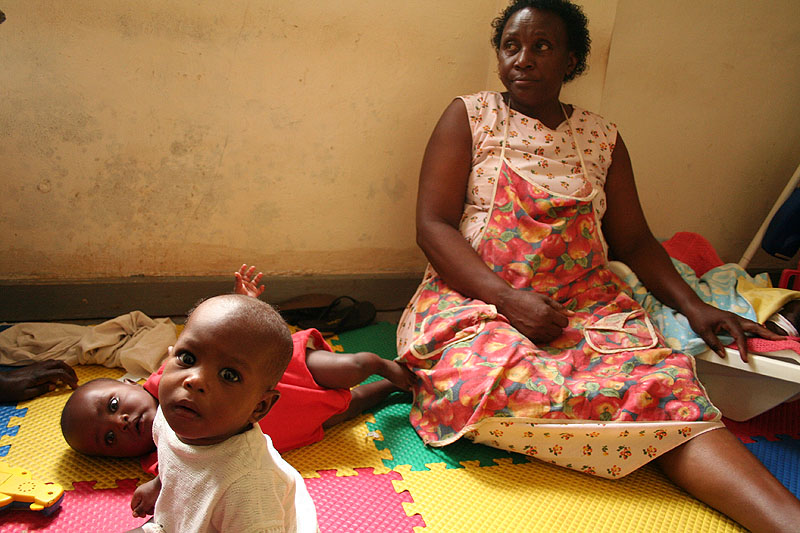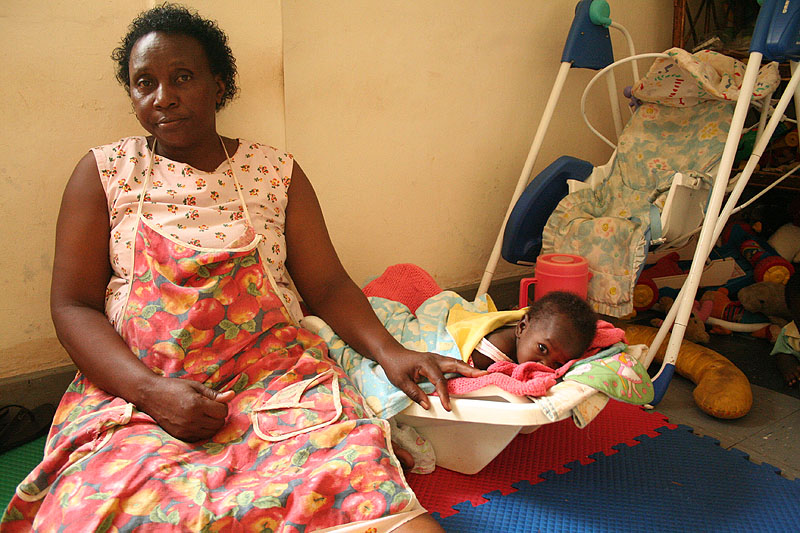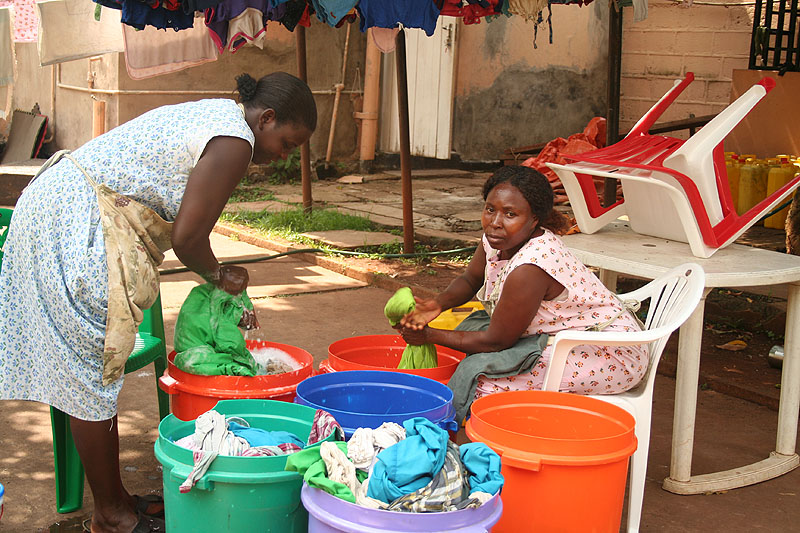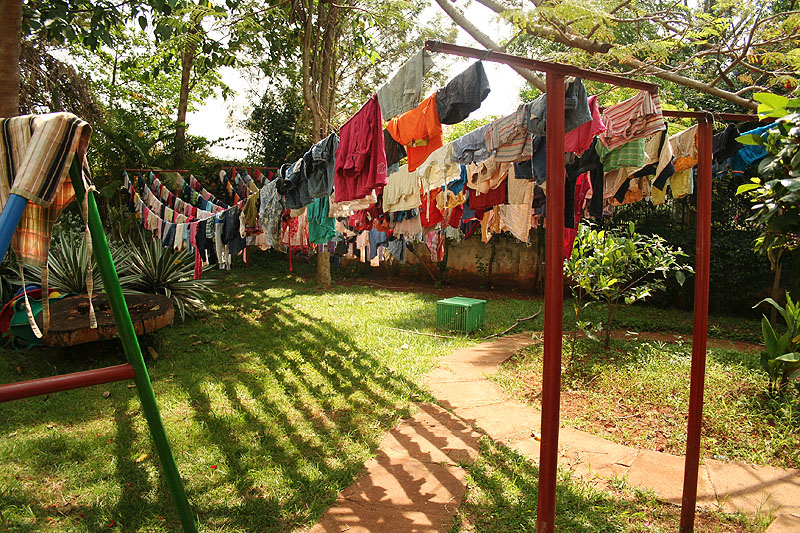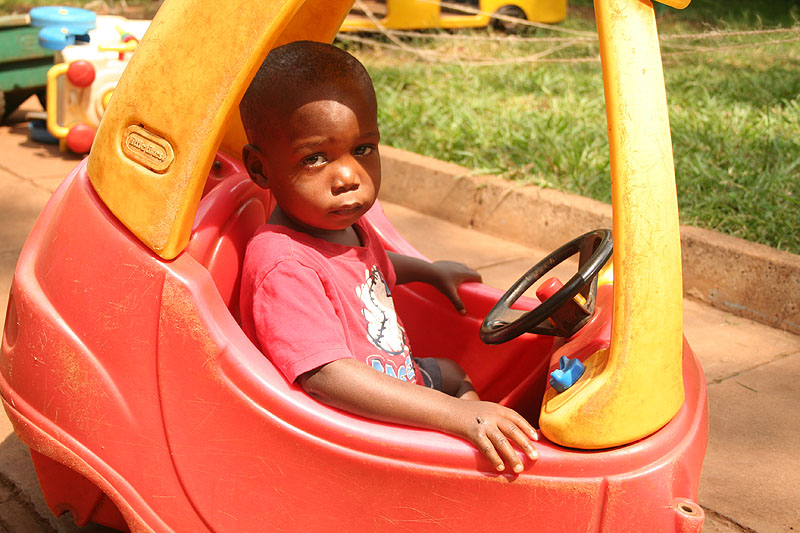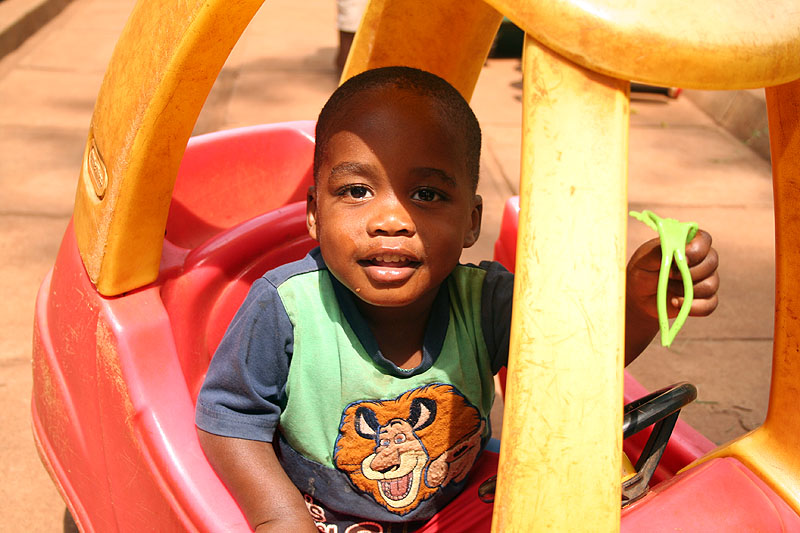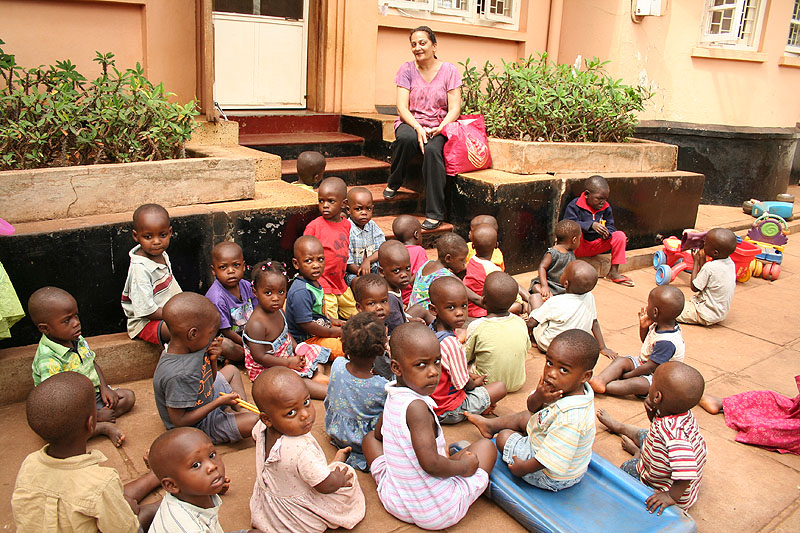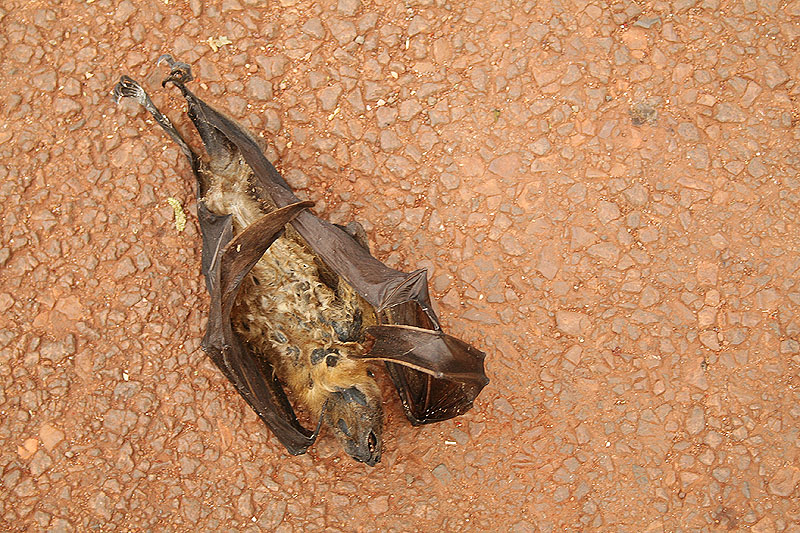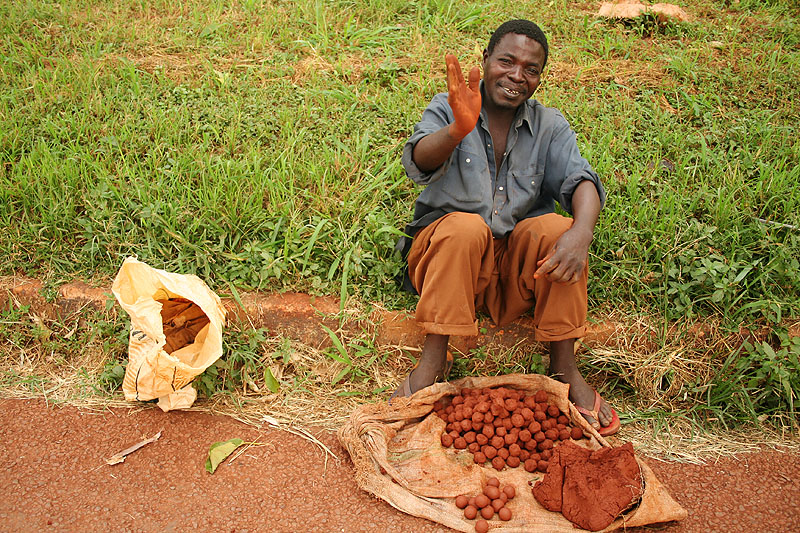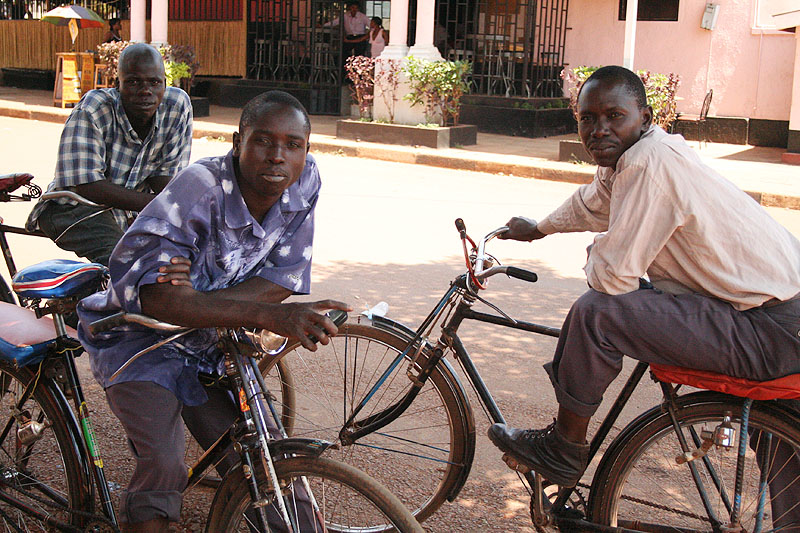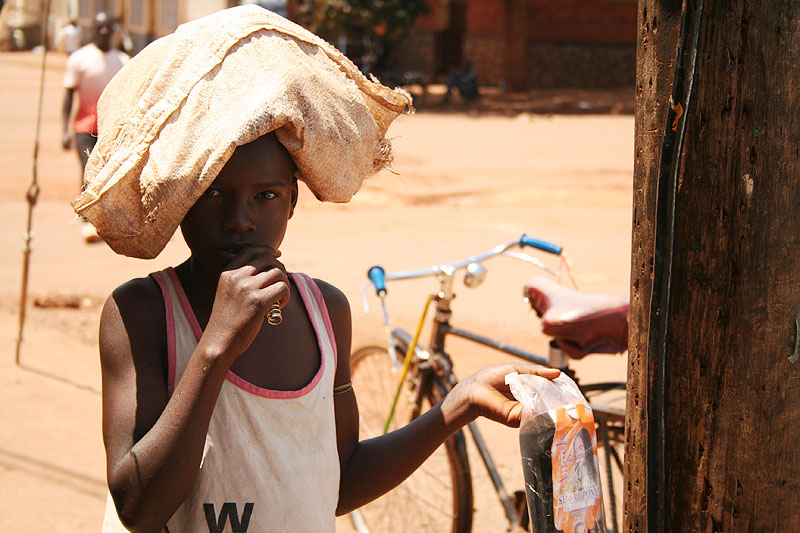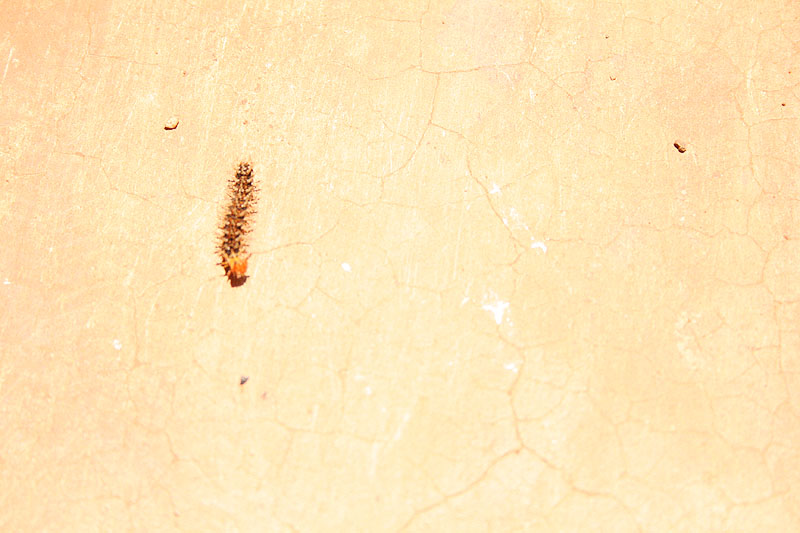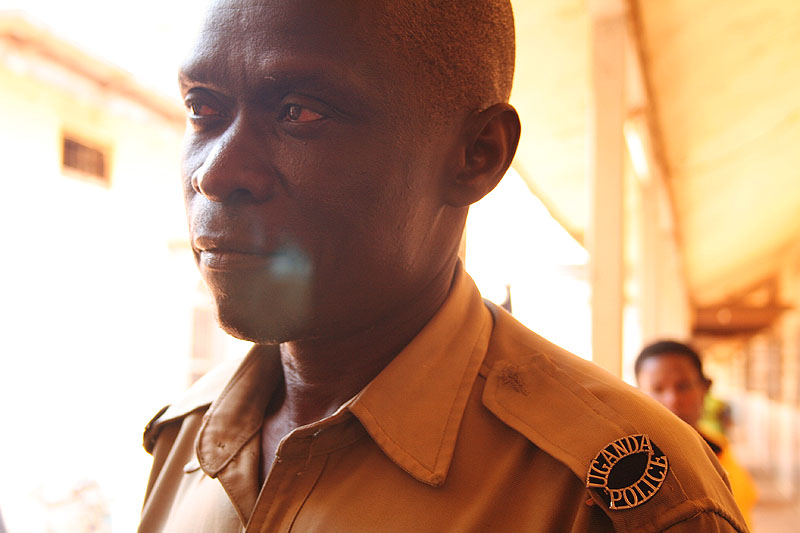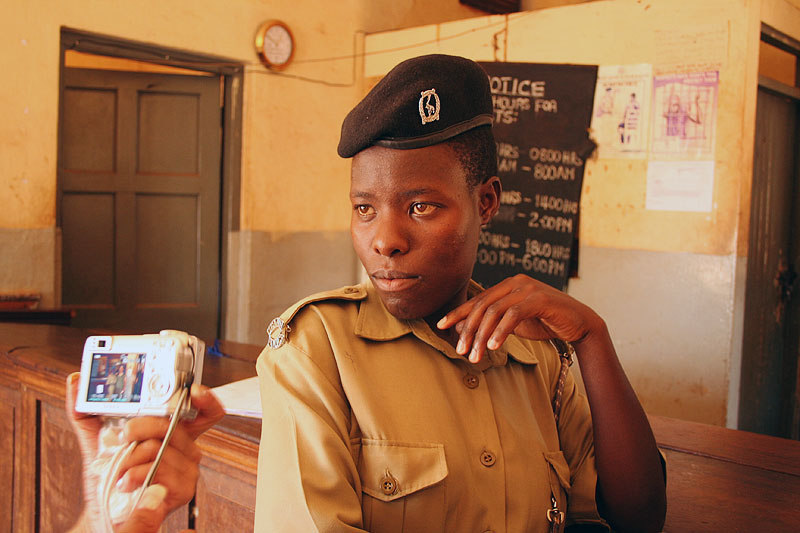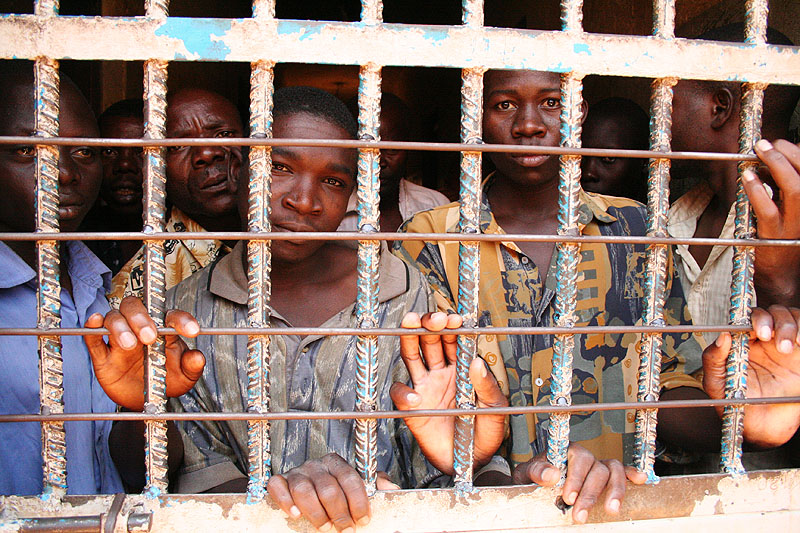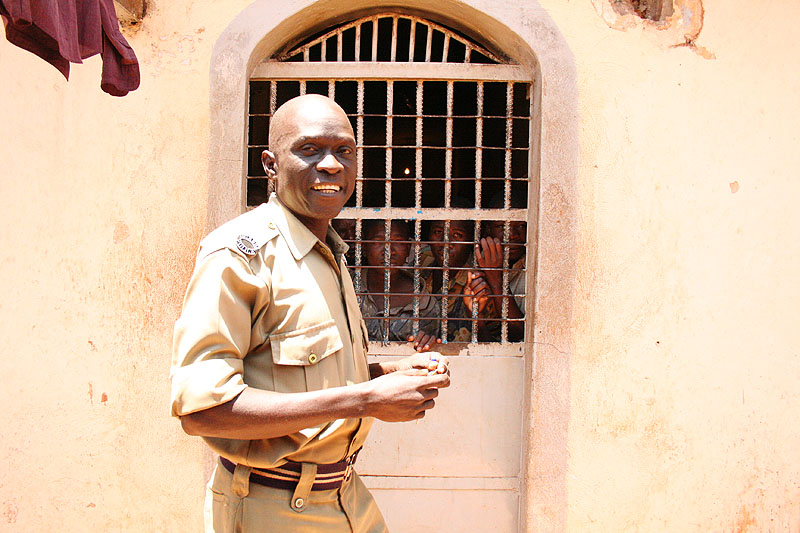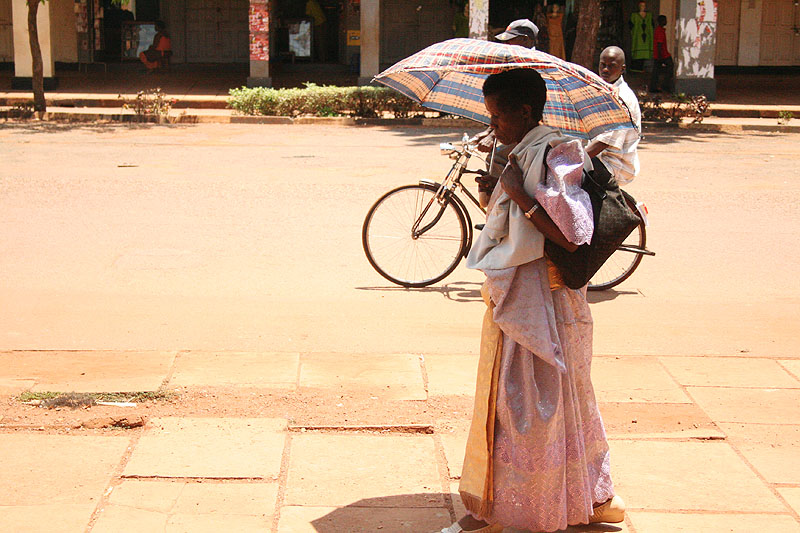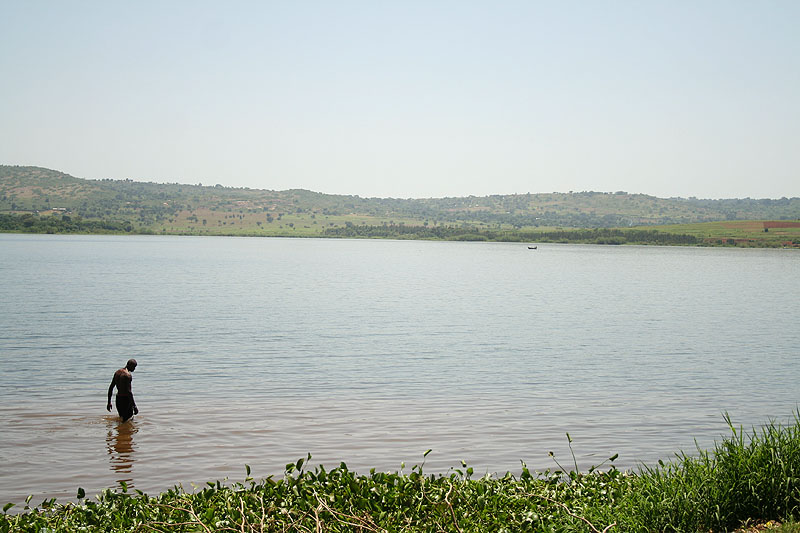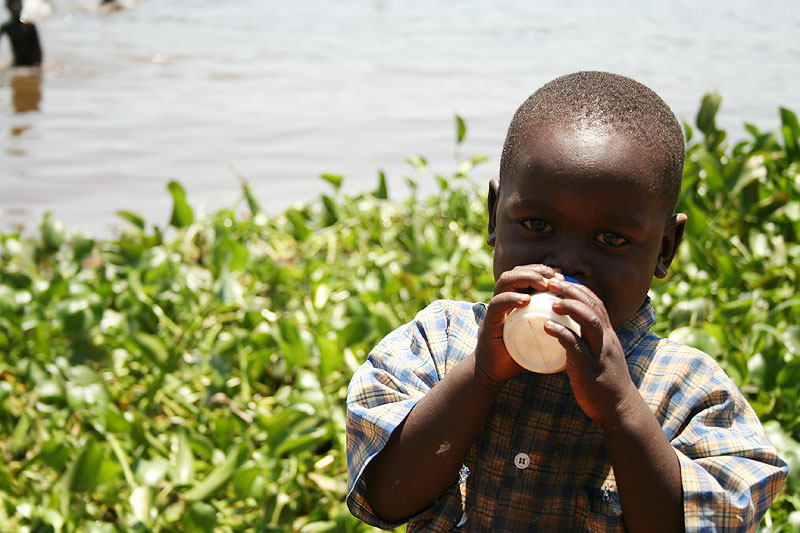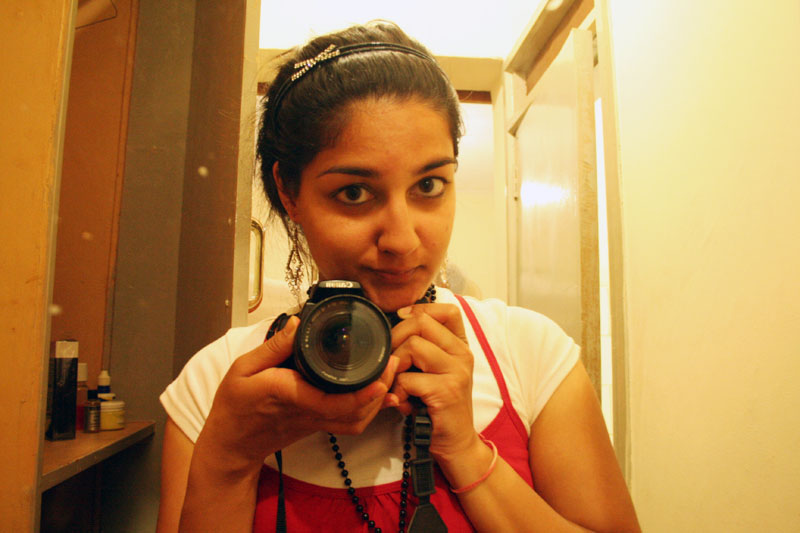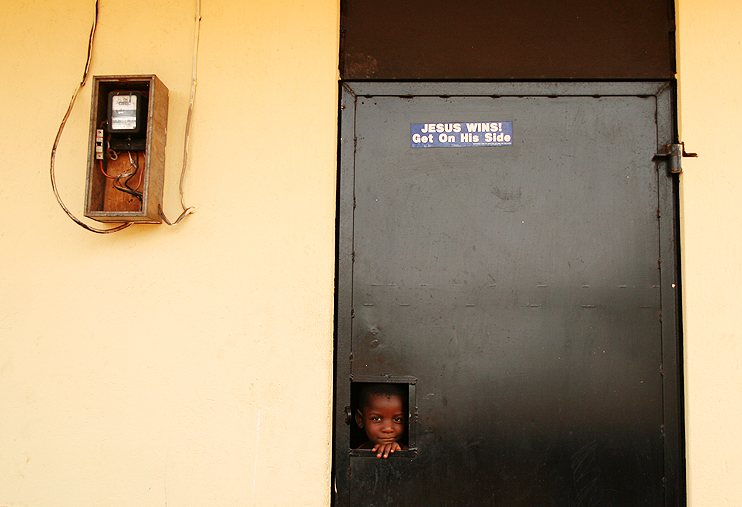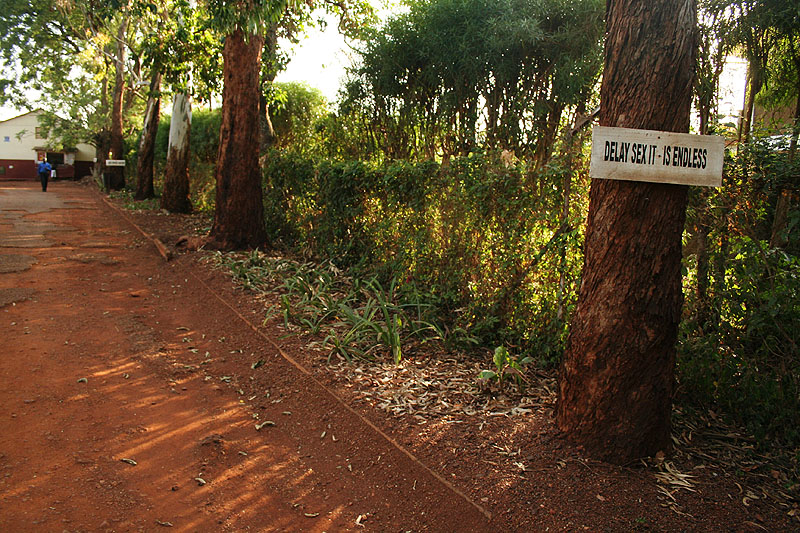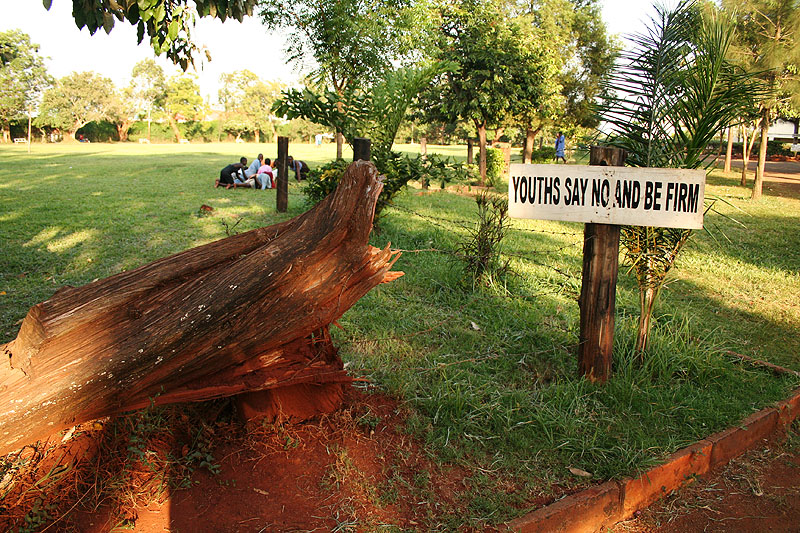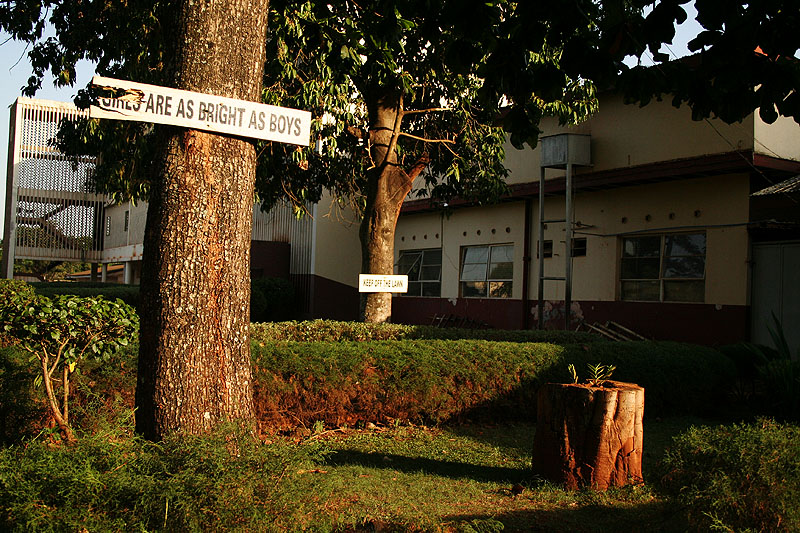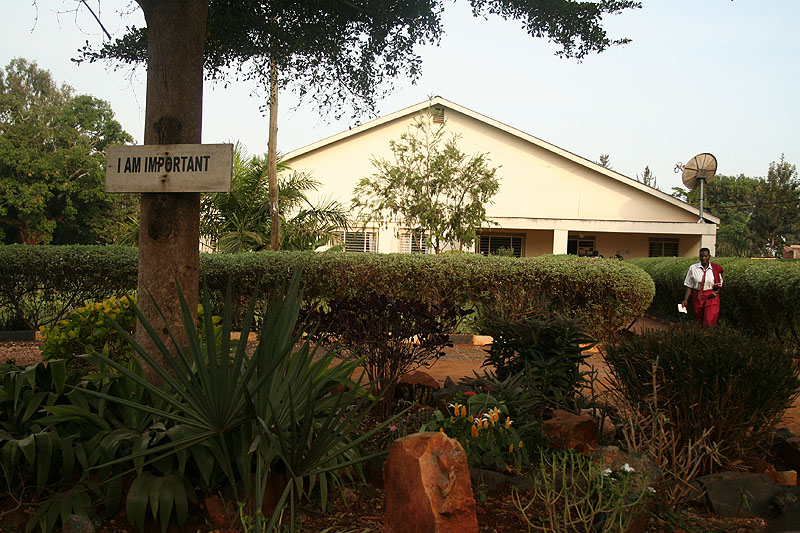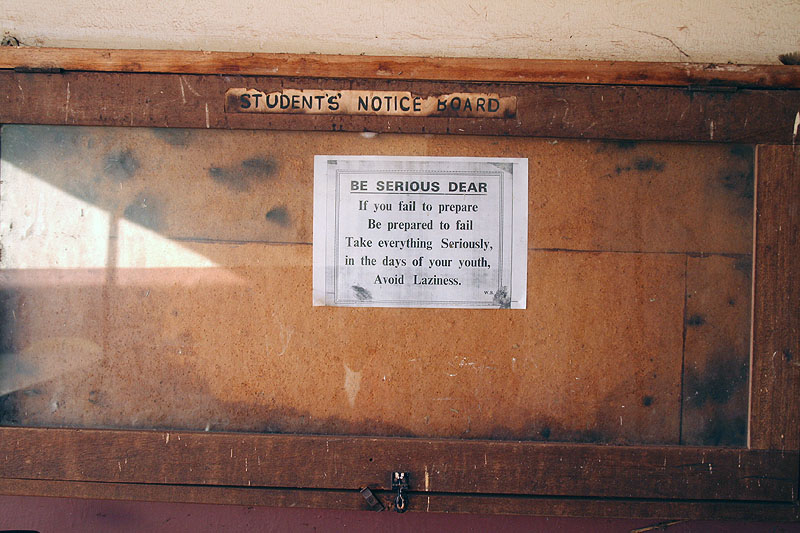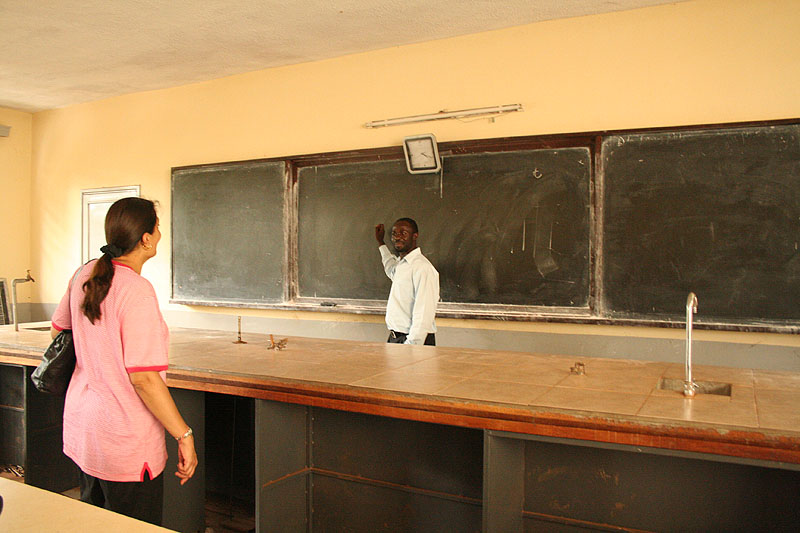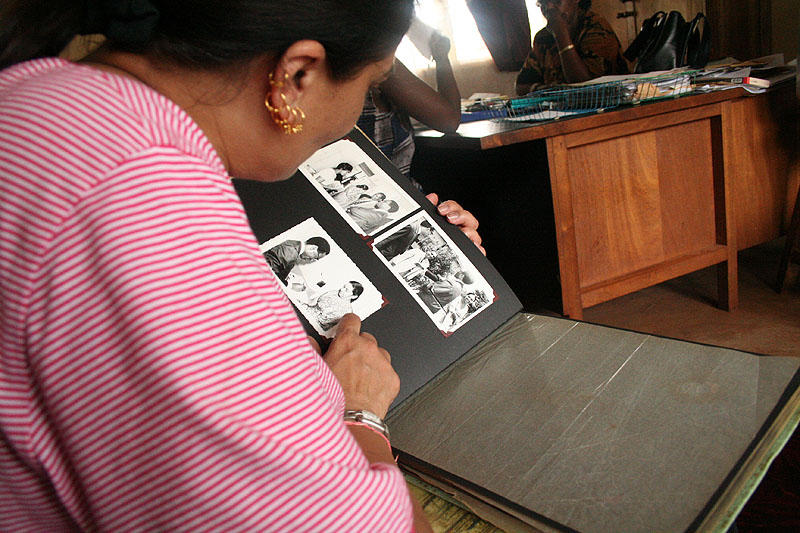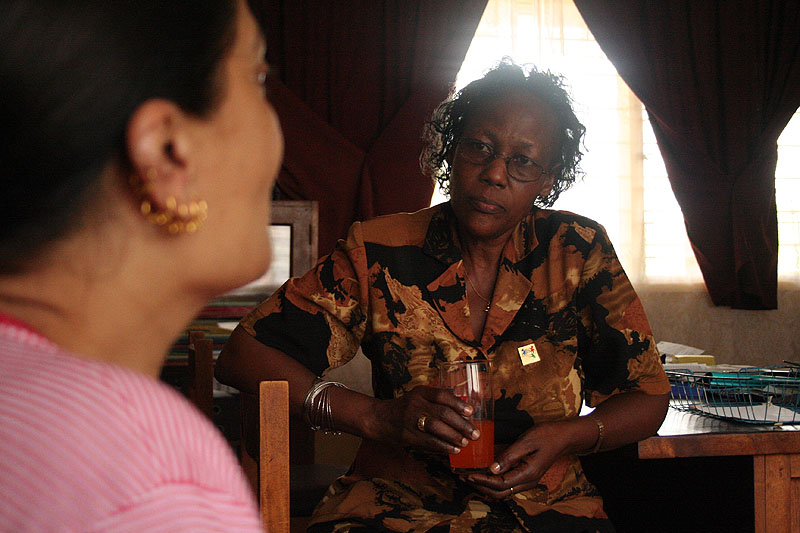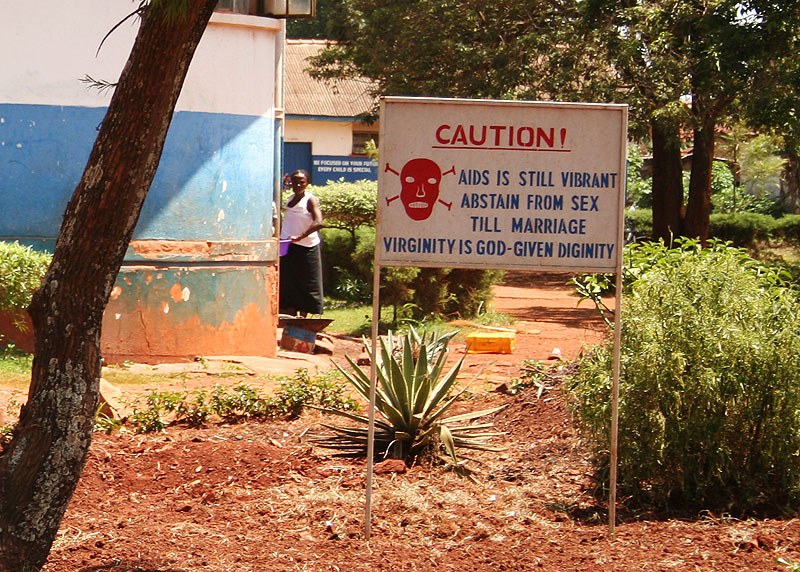Hujambo!
It’s easy to see why Winston Churchill described Uganda as ‘the pearl of Africa’.
Bordering Lake Victoria (the world’s largest tropical lake, and second largest freshwater lake), with the River Nile and Equator running through it, Uganda is a haven for wildlife. One of the first things to strike me about this country is just how green it is.
My mum was born in the town of Jinja in Uganda, and in the 1970s, she and her family, along with thousands of other Asians, were forced to leave their homes due to Idi Amin‘s regime. Some people literally left with nothing – others hid their belongings hoping to return one day. Most never did, though..
That’s my mum above in the green dress, outside her childhood home, and below, with her sisters in their garden.
My mum, aunt and uncle decided to visit Jinja after around 36 years – my mum has literally never been back since left for the UK. For them it was to be a trip down memory lane, but for me, a completely new experience!
After landing in Entebbe (and immediately being greeted by swarms of mosquitos – I was bitten around 5 times upon leaving the plane, despite my legs and arms being covered!), we headed straight to Jinja.
Along the way there were places on the roadside where Ugandans would hog vehicles, trying to sell fruit.
We stayed here:
Bridgeway Guest House. We couldn’t have chosen better accommodation – rooms cost as little as £5 ($10!) a person per night, and the staff were incredibly hospitable and friendly (like most people we encountered).
It’s located within easy reach of the town, and rooms are equipped with mosquito nets which are very much a necessity, I’d say!
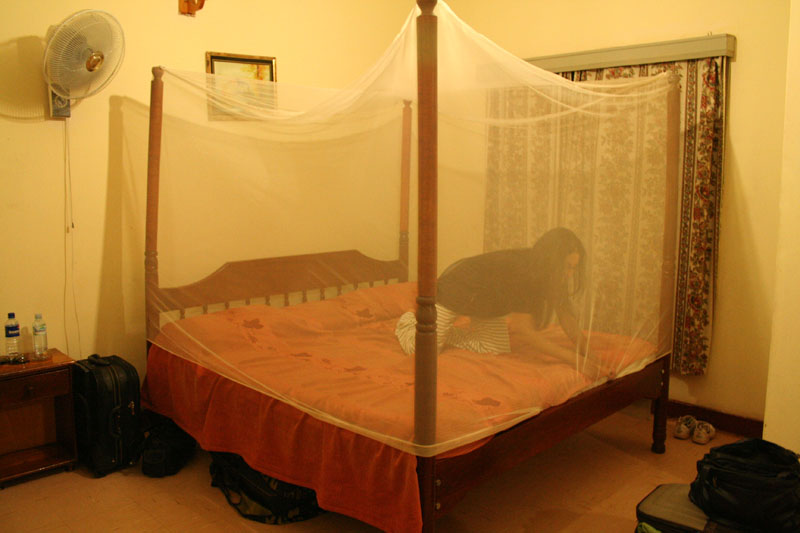

Malaria is rife in Uganda and therefore this kind of simple netting can make a huge difference. Even so, despite coating my skin in copious amounts of insect repellent, I still found myself bitten a lot. I’ll spare you evidential pictures. Not nice.
Pretty view from the balcony:
Road from the guest house leading into Jinja town:
Not much is really left of my family’s former home.
The current occupants were very welcoming and happy to show us around, but after 36 years and a brutal regime, it’s no surprise that the house is now a very different place to what it once was.
Still, it had quite a homely atmosphere..
Kind of.
We showed them old pictures of the house which really surprised them. I guess it would be quite bizarre to have someone knock on your door claiming to have lived in your home all those decades ago!
They had a little baby.
My uncle was on a mission to find a couple of workers of my grandfather, who had been a well-respected shoemaker at one time in the town. He had even made shoes for the Ugandan army, including Idi Amin himself. Kind of ironic, eh!
Anyway, his workers had also learnt the trade of shoemaking, so my uncle approached cobblers on the roadside and showed them pictures, hoping someone would be able to recognise and locate them.
When you think about it, it’s quite an ambitious mission, to say the least. What are the chances of being able to locate someone in a now foreign town, from 40 years ago, with just a picture to go by?
Pretty slim, one would reckon, but incredibly, after asking a few people, someone recognised Okong, a trusted worker of my grandfather!
We were taken to him, and he immediately recognised my mum, aunt and uncle, and couldn’t believe it. Neither could I.
He still makes shoes.
Christianity is big in Uganda (as well as Islam actually).
We visited the sakoni (market place). The sight below made me laugh – London seemed like a world away.
Bananas are huge in Uganda! When I say huge, they’re actually tiny (apple bananas), and one of the staple foods here. If you think you’ve ever tasted a sweet banana, you haven’t until you’ve been here. Really.
Fish is also big in Jinja – no surprise due to its close proximity to Lake Victoria and the Nile.
These boys wanted me to take their picture while they posed with banana tree leaves, radishes, and a knife 
Green bananas – another signature food of Uganda, which is delicious when boiled (called matoki) and sprinkled with salt. Mmm.
This guy is obviously a fan.
I have to point out that the fruit and veg here is delicious and flavoursome. It’s none of this genetically modified rubbish that infests supermarkets here in the West. It’s funny how despite being better off in the West, we just don’t have the same access to this kind of food..it seems like such a basic thing to produce, yet most of it is chemically enhanced in order to serve the zombie-like masses here. Quite sad really.
Other, slightly more strange ‘delicacies’ being sold included goat intestines and stomach.. apparently used to make ‘tasty sauces’.
The guy selling them made me laugh by saying ‘in the UK you’d feed this stuff to dogs, but here we eat it all up. You’re missing out’.
Fish and chips, Uganda stylee!
“Oh Lord God help me to keep my big mouth shut until I know what I am talking about. Amen“.
Genius.
This is Faith, a very nice lady who worked in one of these groovy curios shops:
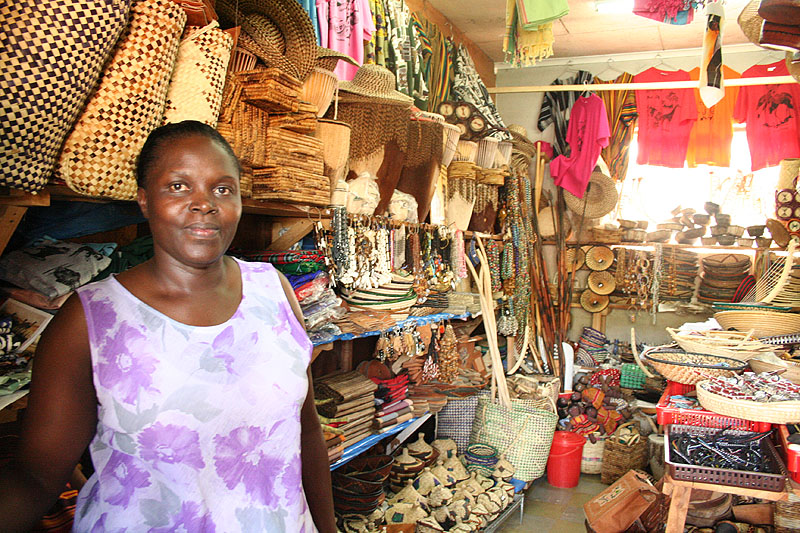
In the UK we have the pigeon. In Uganda, you have these beastly birds.
They roam around the streets casually, picking at rubbish. I have no idea what they’re called but they look like some kind of pelican. It’s a rather unusual sight but after a few days you get accustomed to having them as your neighbours. They’re not as intimidating as they appear.
The River Nile’s source is located in Jinja, flowing out of Lake Victoria. This water takes 3 months to complete its 4000 mile journey down the entire Nile to Egypt.
Of course, I’m a rebel.
Rebel x 10 + goofiness = me
We returned the following morning to take a boat ride out onto the lake and to the actual spot where the Nile begins.
It struck me as odd how there were absolutely no tourists here. Even the shops nearby were void of foreigners.
That’s the great thing about Jinja – it’s not your conventional touristy town so it has retained its authentic character. You won’t find McDonald’s or Burger King here (thankfully!). I even asked someone who responded with ‘What’s McDonald’s?’. (Note – for Nando’s fans, there is a chain in Kampala, the capital of Uganda. Nando’s is taking over the world! I am a fan, in case that wasn’t obvious.)
Our boatman pointed out that the source of the Nile is vaguely in the area below. In the foreground is the Nile, with Lake Victoria behind it.
We encountered fisherman in the lake – they weren’t too keen on being photographed.
I didn’t realise that this guy was actually telling me not to take his picture – oops.
Spot the baby Loch Ness!
The people above take goods from Jinja across the water to a secluded prison, only accessible by crossing the lake.
You can just about make out the ‘Uganda Prisons’ sign on the boat below.
Back on land, and back in the town.
This is the mayor of Jinja – Mohammed Baswari Kezaala.
We were fortunate to have met him by chance, and he invited us to the Jinja Municipal Offices.
When he left his office to wear his mayoral robes, we had the silly idea of jumping behind his desk.
I could be a convincing mayoress, right?? 
This is Ema who is the manager at Bridgeway and also a friend of the mayor. He took things one step further, and even posed with the phone.
So did my aunt.
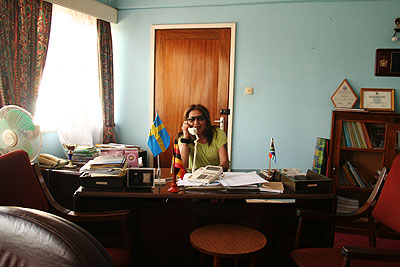
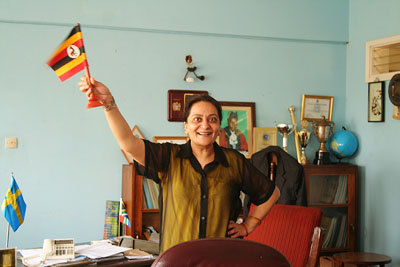
Mohammed was back, adourned with bling.
He took us to the parliamentary chambers..
.. and talked about previous mayors.
The mayor was a fantastic guy – he was interested in knowing about my family’s history and stories, and he also provided us with a lot of information. We spent a fair amount of time with him throughout our time here, and he definitely brought us ‘closer’ to the town. If you’re reading this, thank you Mohammed!
We visited an orphanage in Jinja called Welcome Home.
It’s home to children from birth to 6 years, after which they are moved to another orphanage in Kampala.
This baby had been found dumped in a dustbin..
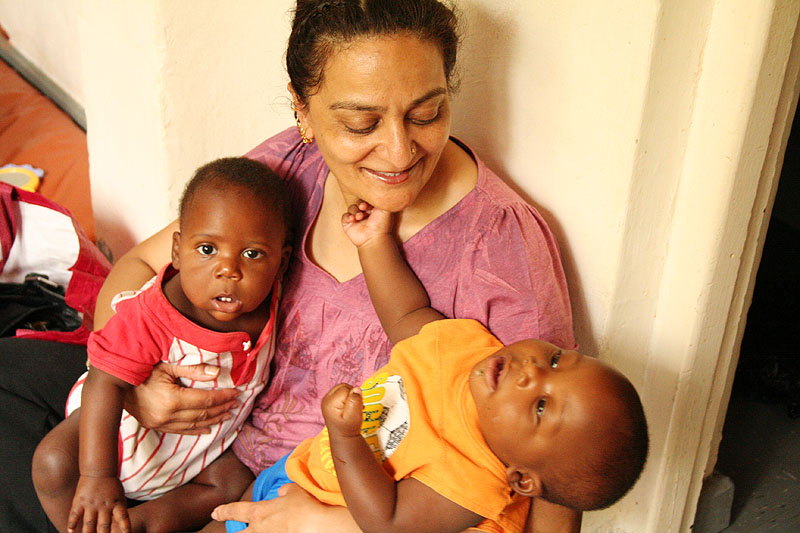
The staff here seemed to be really dedicated and were doing a great job.
The kids were so sweet.
We did some charity work here (thanks to those of you donated clothes/toys etc.) – the staff were hugely appreciative. These kind of orphanages are paramount in a country like Uganda where so many kids live in poverty and are highly underpriviliged.
The man below was rolling clay into little balls. He said he waits for them to dry until they’re like stones, and then they’re used to sling at birds to kill them in order to eat!
These guys asked me to take a picture of them.
I have to point out, this was a rare occurrence. A lot of people objected to being photographed. For some reason (ignorance on my part I guess), I assumed that I could use the same ruthless policy of photographing as I did in India – i.e. get up close to subjects without having to ask. This doesn’t really work here, which is why I don’t have many close-up portraits. (I used the 18-55mm kit lens for all pictures.)
We went into Jinja police station, which is located right opposite what used to be my grandfather’s shop. The policemen, like most people we talked to, were interested in where we’d come from, and how we were linked to the town.
At first they objected against any photographs being taken, but after their boss gave me permission, they said I could do what I wanted. That’s one thing that’s very apparent over here – there are no set rules; things are done according to influence.
Prisoners being held at the police station, almost proud to be photographed.
Female prisoners, by contrast, hid from my camera.
A self-portrait in a mirror?! Wth.
Look at my poor burnt arm :/ Sunblock is a must here, as obvious as that sounds. The Ugandan sunshine can often be misleading as it can quickly get cloudy and windy, disguising the intense heat sun of the sun.
My mum wanted to visit her secondary school – PMM (Parvatiben Muljibhai Madhvani) Girl’s School.
Lots of morale-boosting signs were scattered around the grounds.
Somewhat ironic that the ‘girls’ is only just visible.
She was taken around by Sam who’s the Head of Geography, and also a friend of Ema’s. Jinja is a fairly small town, and it was soon apparent that residents tend to know each other. Even when we were walking down the street one day, someone recognised my mum even though she hadn’t been around for 36 years..
The headmistress, Mrs Lujwala, welcomed us into her office, showed my mum old pictures, and spoke to us about the history of the school and how it has developed since the 70s. Coincidentally, her daughter lives in my town here in London!
She was a lovely lady. Computers are much of a rarity in schools, and she spoke of the lack of technological advances (the entire school has around 10 computers). Corporations are quick to simply throw out ‘old’ computer gear, but all that stuff is so valuable to people here! I’m going to collect any old computers from my work, and I urge everyone else to do the same. Persuade your workplace to donate old PCs to schools in Africa.
More signage
Aids is..vibrant? Hm.
First impressions of Uganda – hot, unpolluted, teeming with wildlife, friendly people, lots of mosquitos..
Advice – there were power outages on a daily basis, particularly at night (more in the next blog), so it’s best not to assume you can charge any batteries overnight. That’s a very bad idea, in fact.
My family say that Jinja has changed a lot since the 70s. Instead of progressing, it has in fact gone backwards, what with power outages and lack of street lights (there were rarely power issues and the streets would be flooded with light in their days). Many of the buildings are now abandoned when they were once alive and occupied, and there are more destitute children (although the poverty I saw here was not as great as what I observed in India. That’s not the say the situation is any better, though). The roads are also terrible, but more of that in the next blog.
Despite these issues, there is a great sense of hope and enthusiasm here, and people really want to see Uganda return to what it once was, and more. Personally, I love it and I’d definitely like to return.
More to come in my next post, including..
Elephants! Yay.
Thanks for reading 
